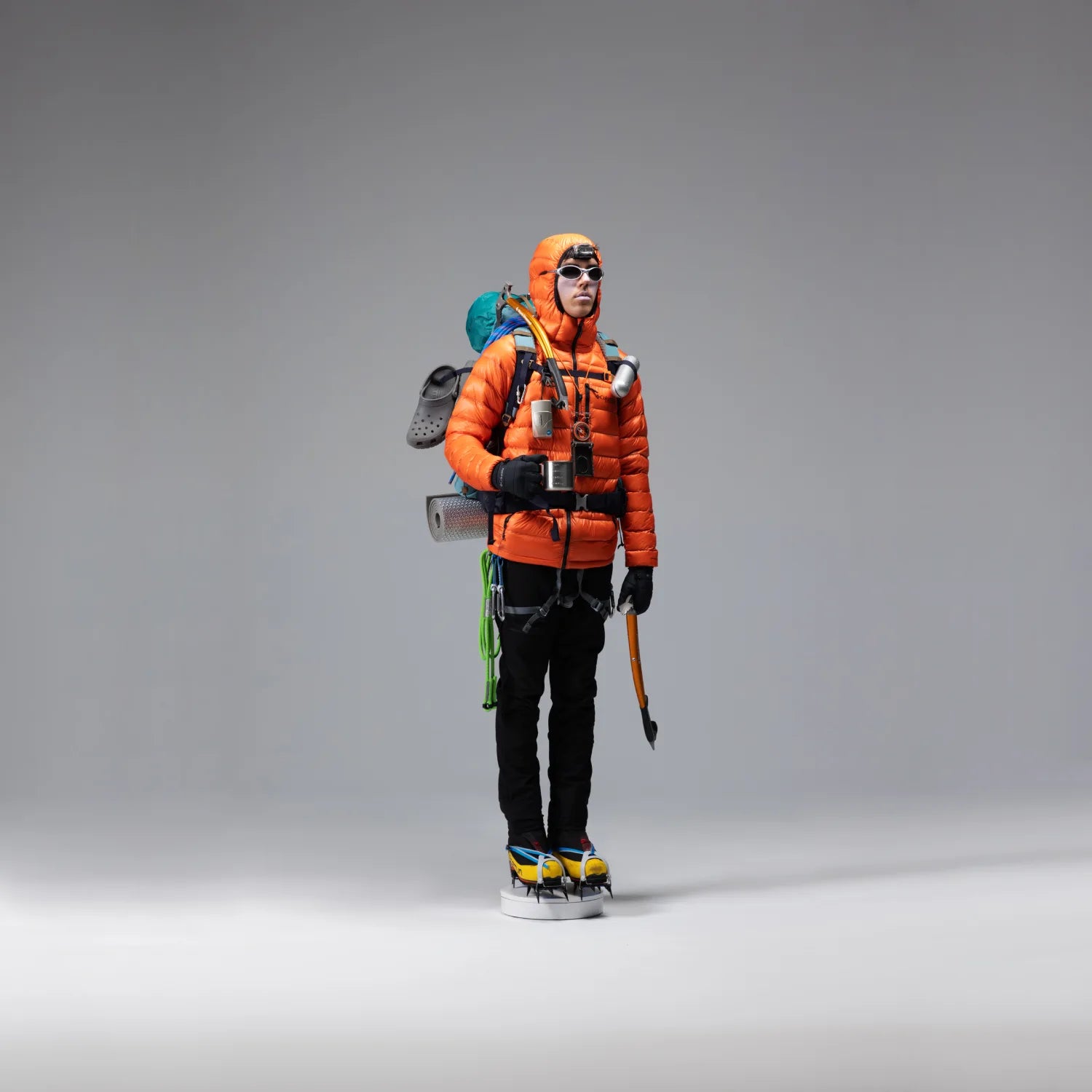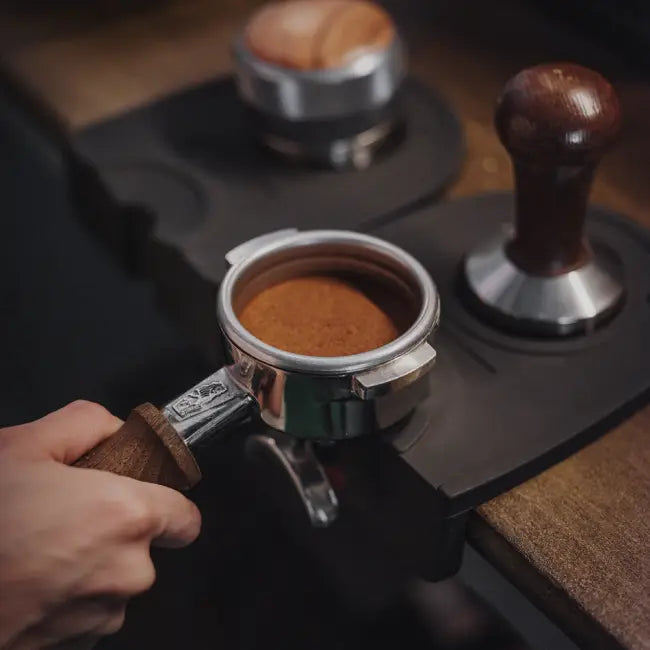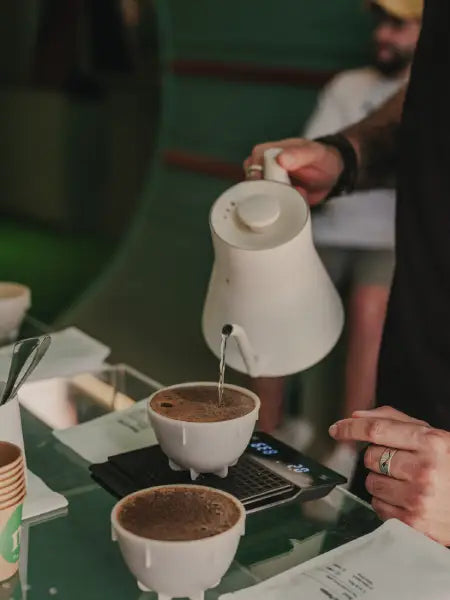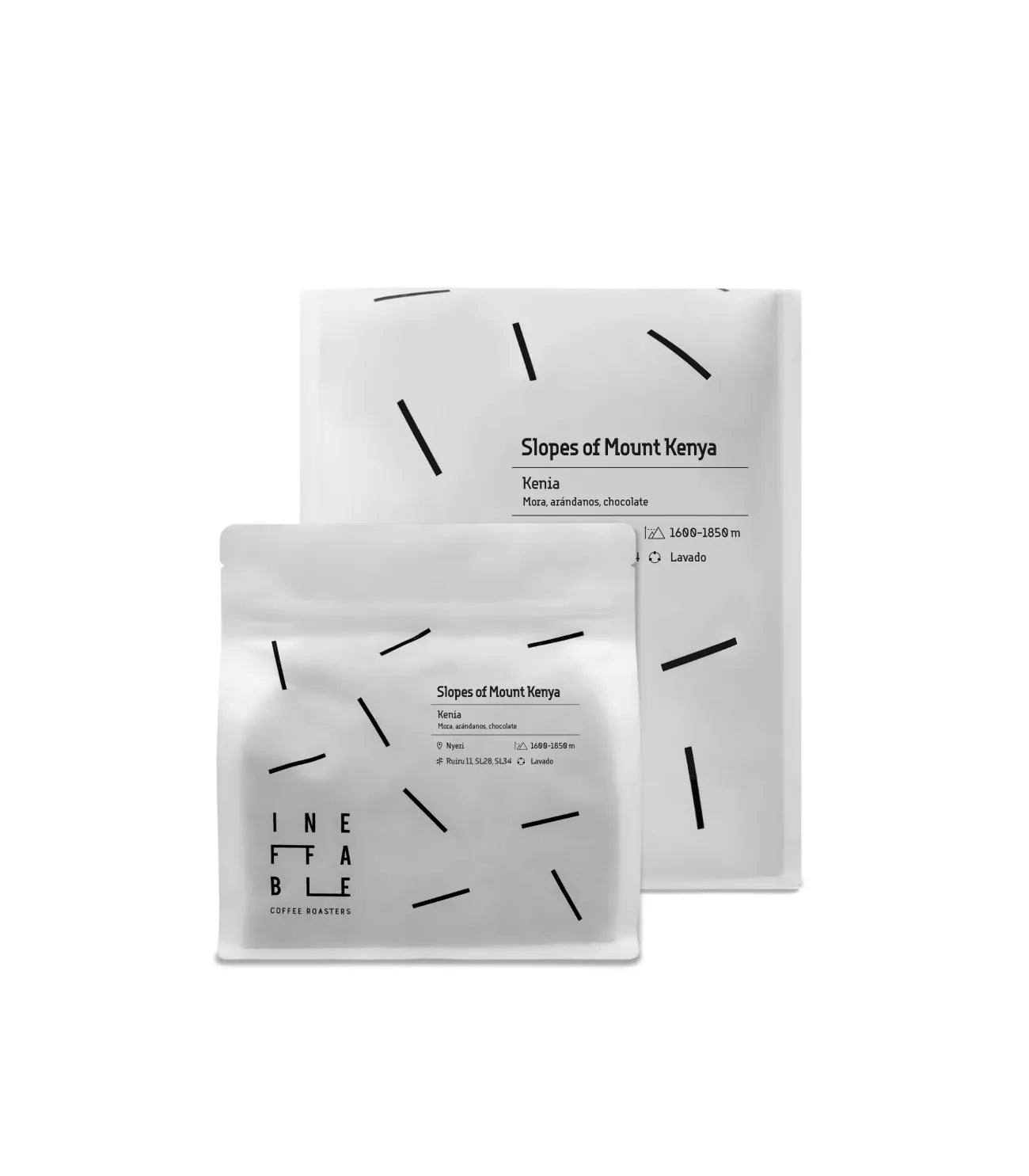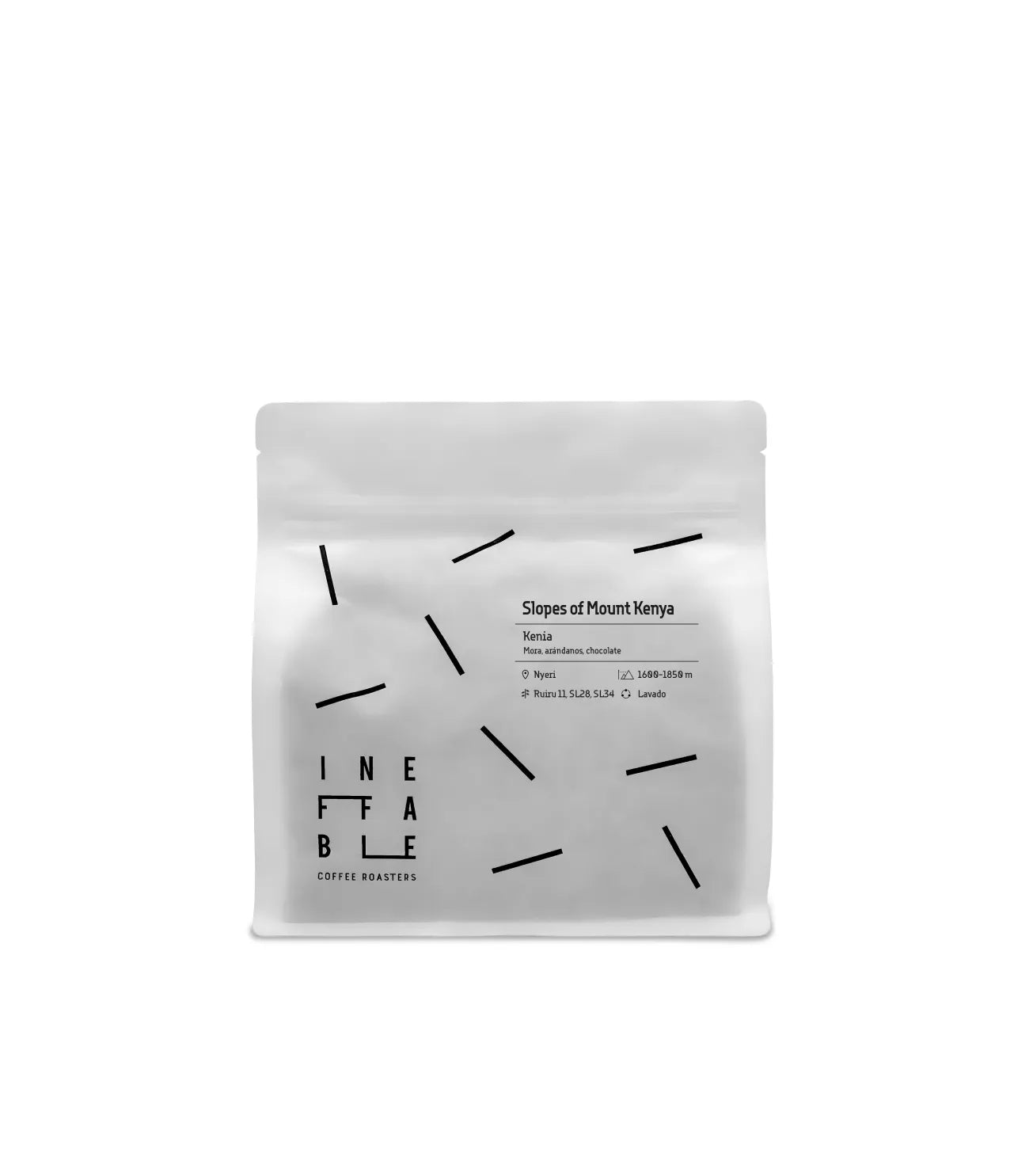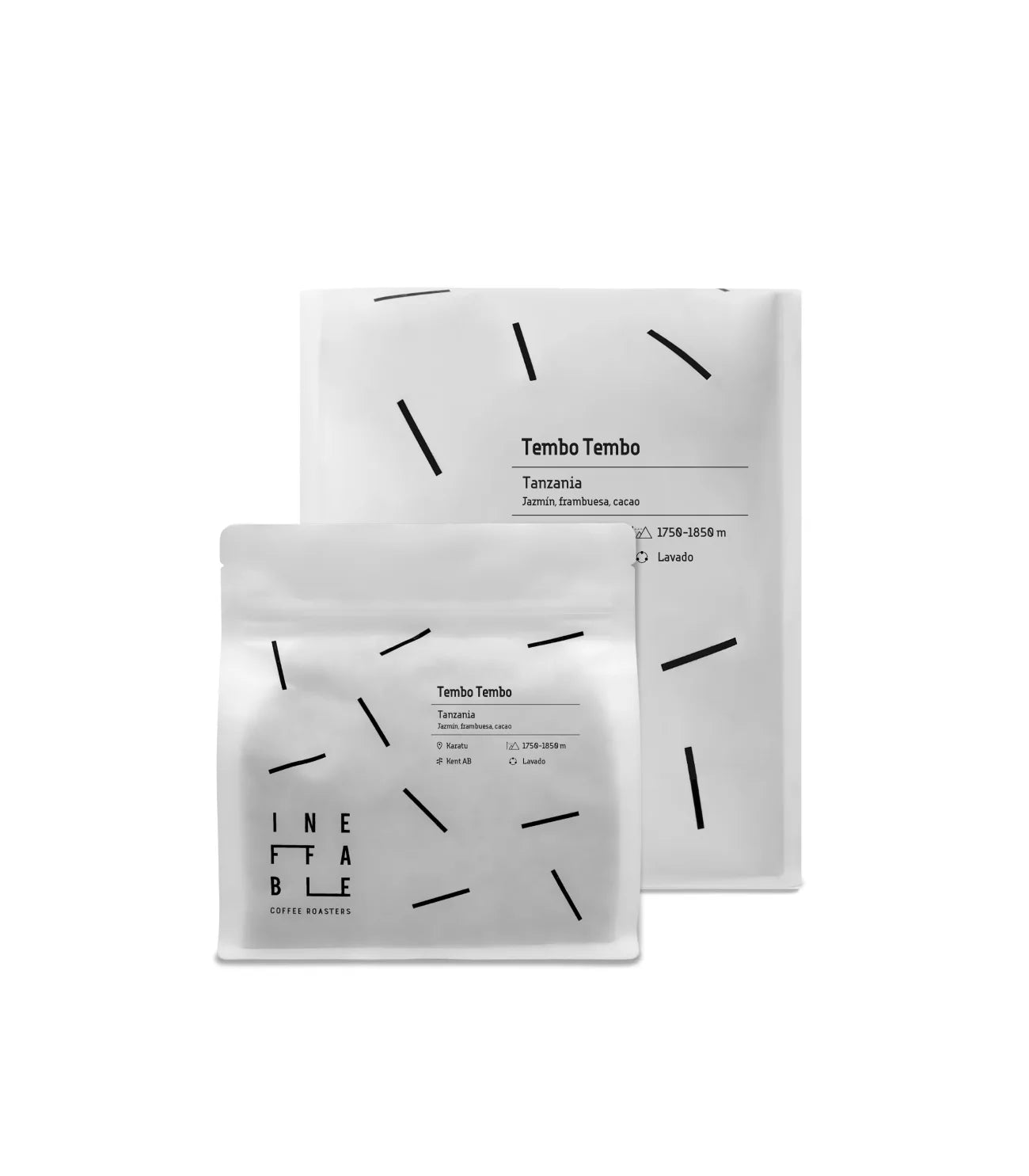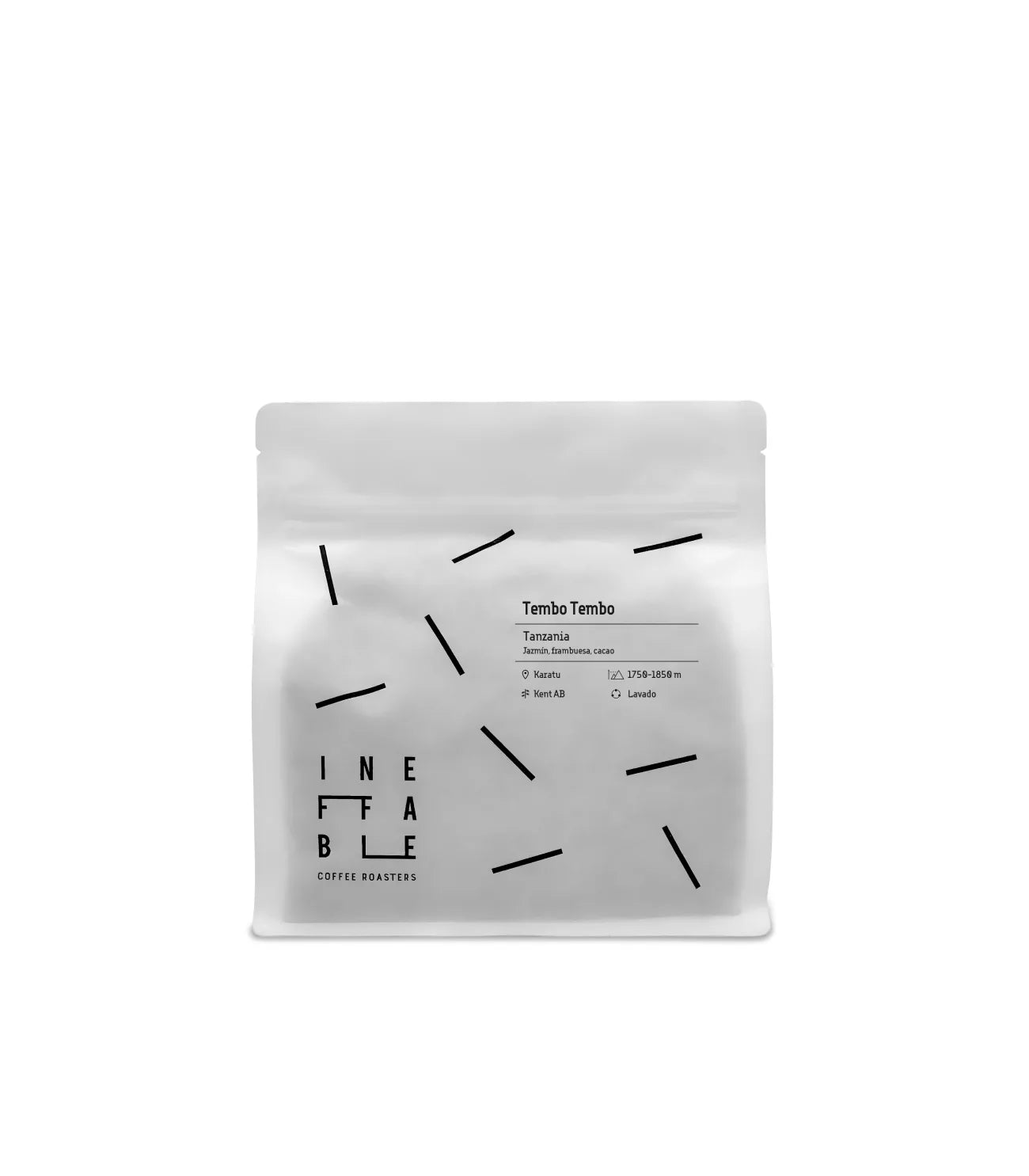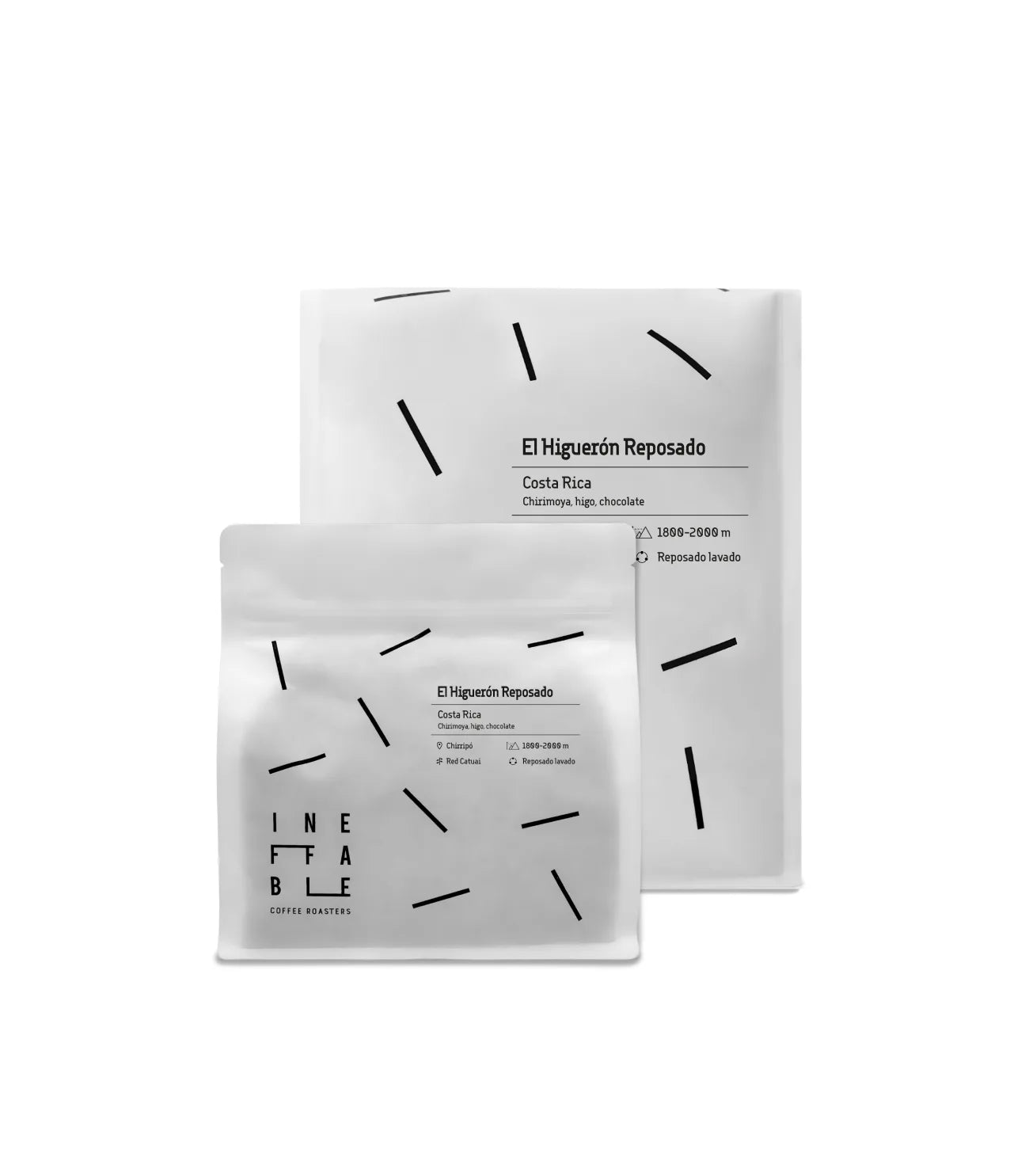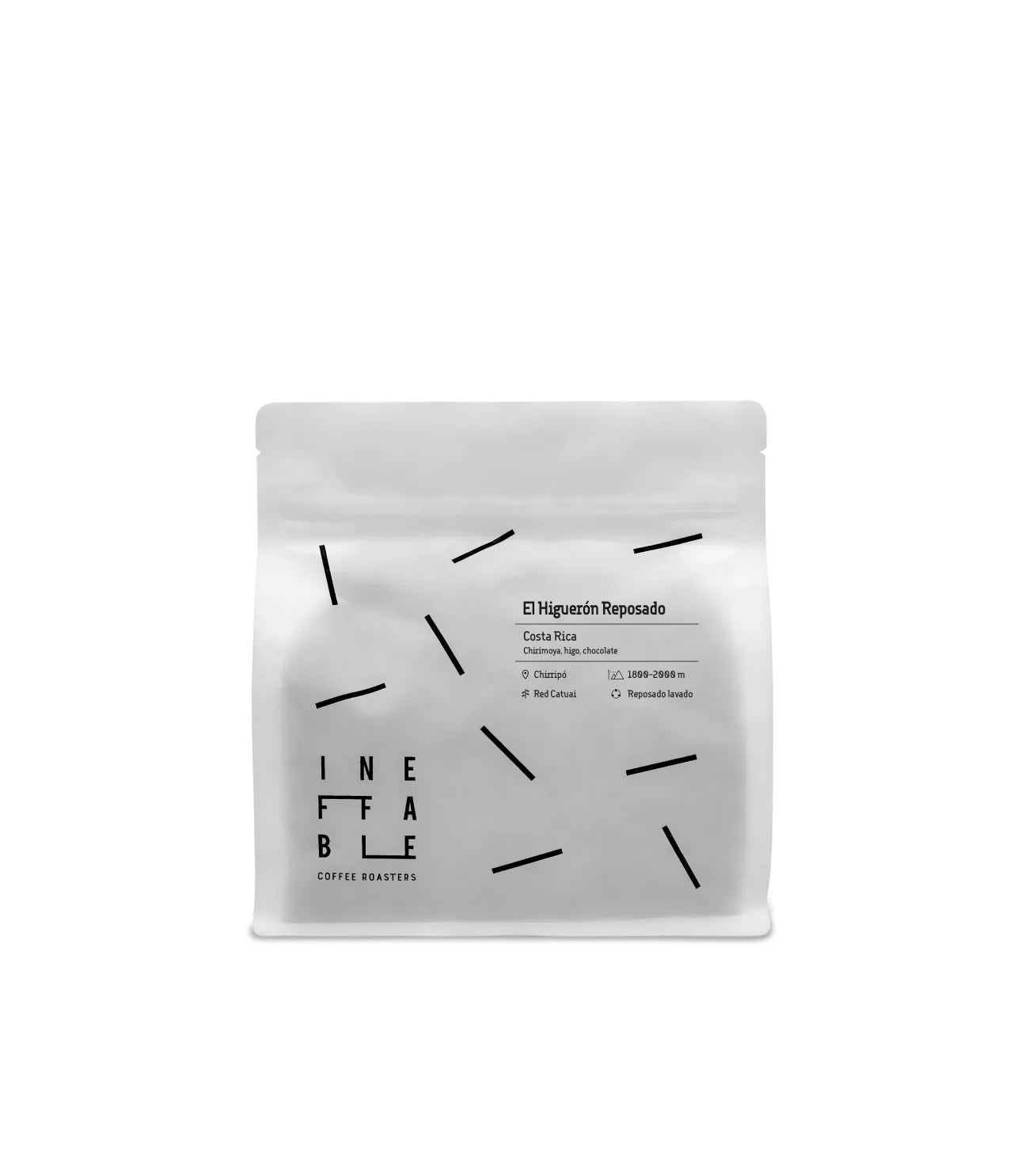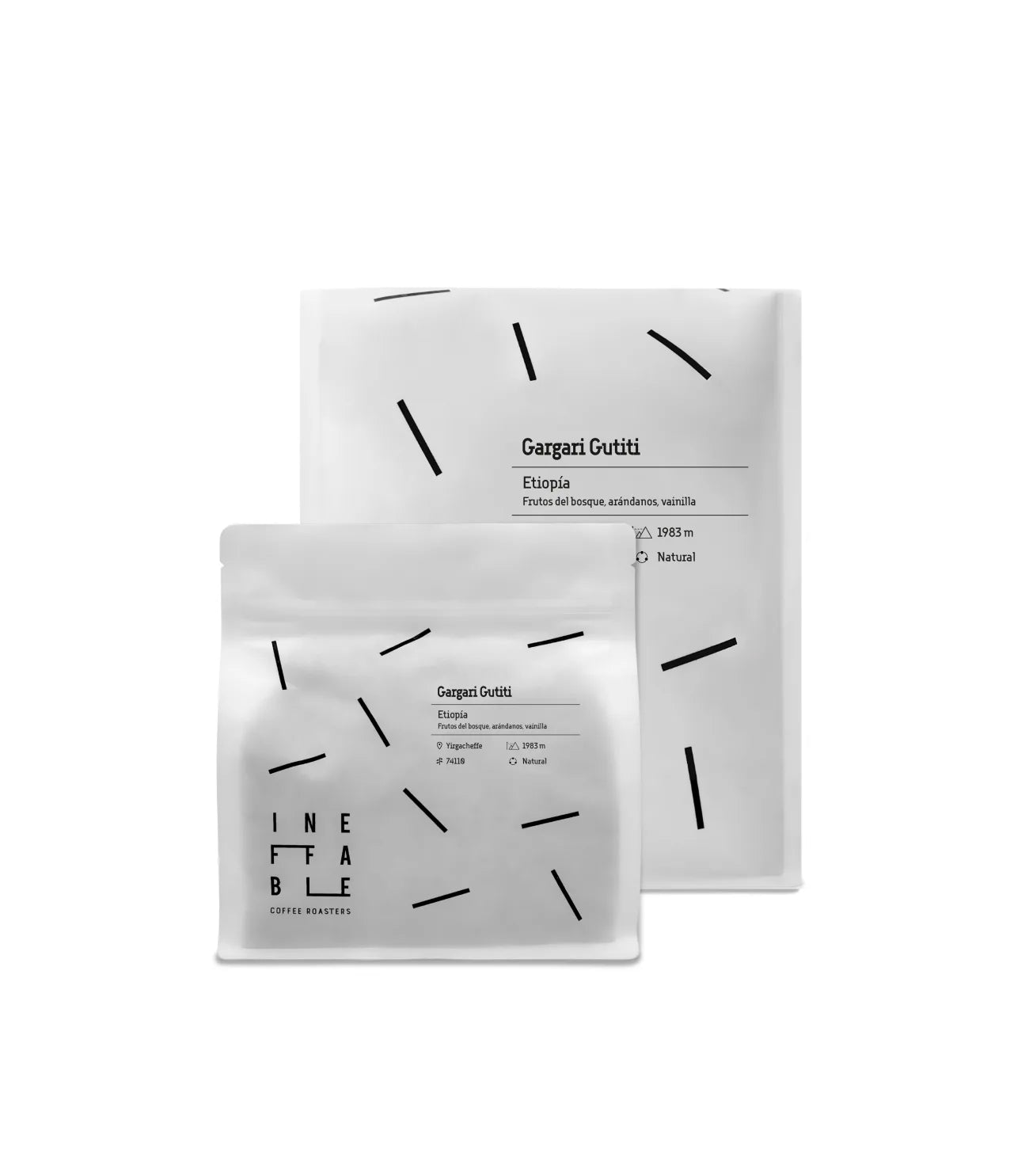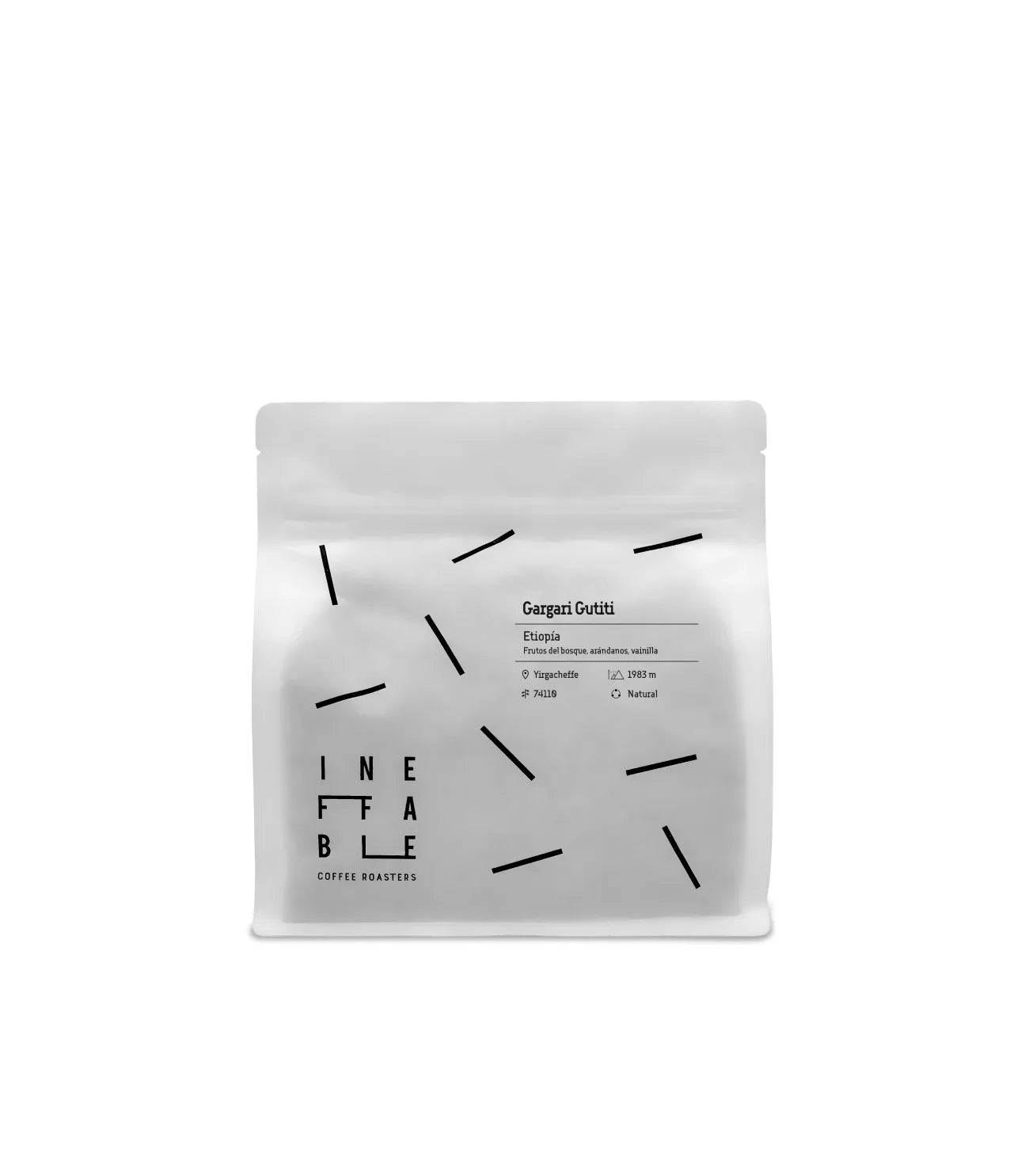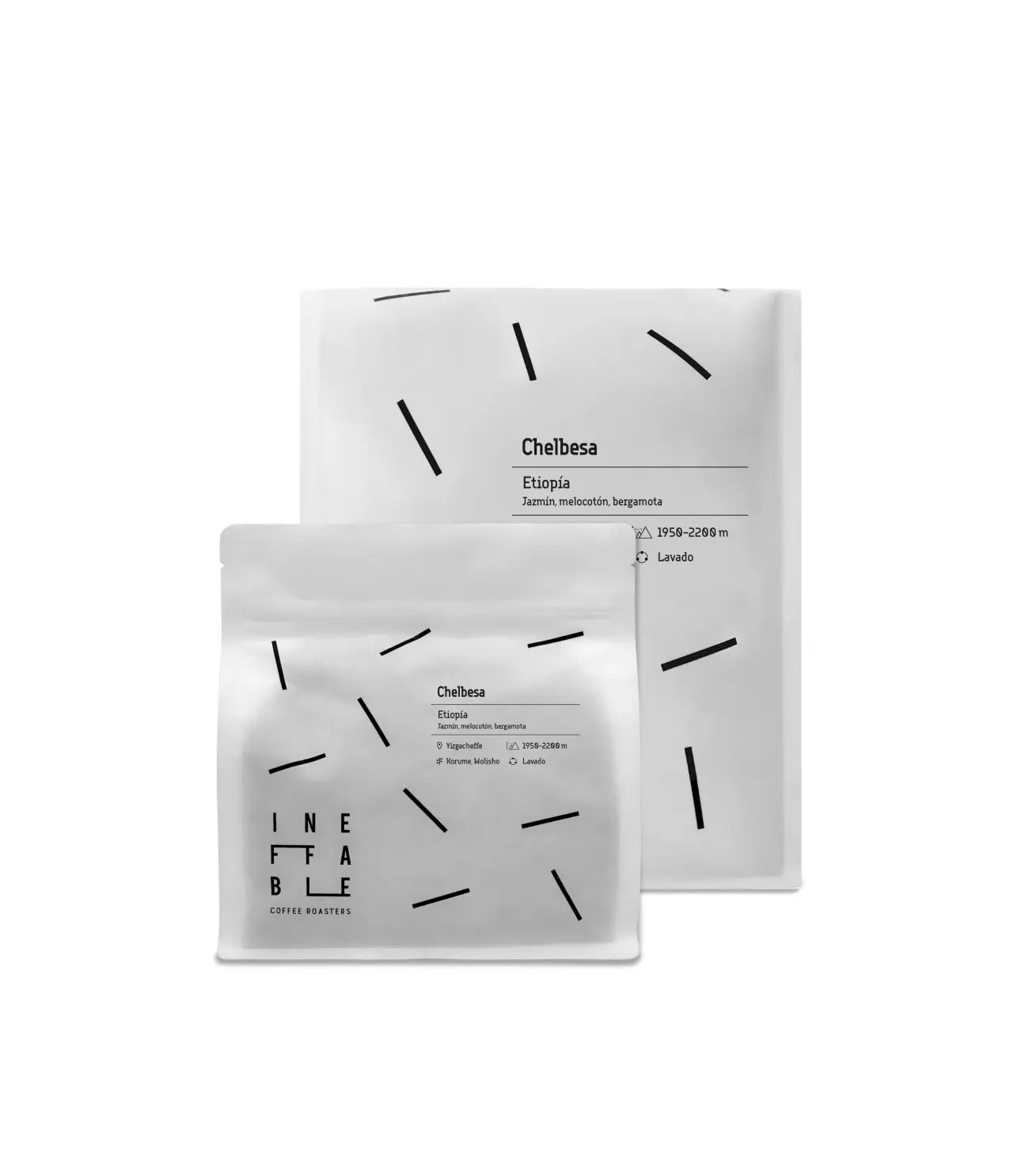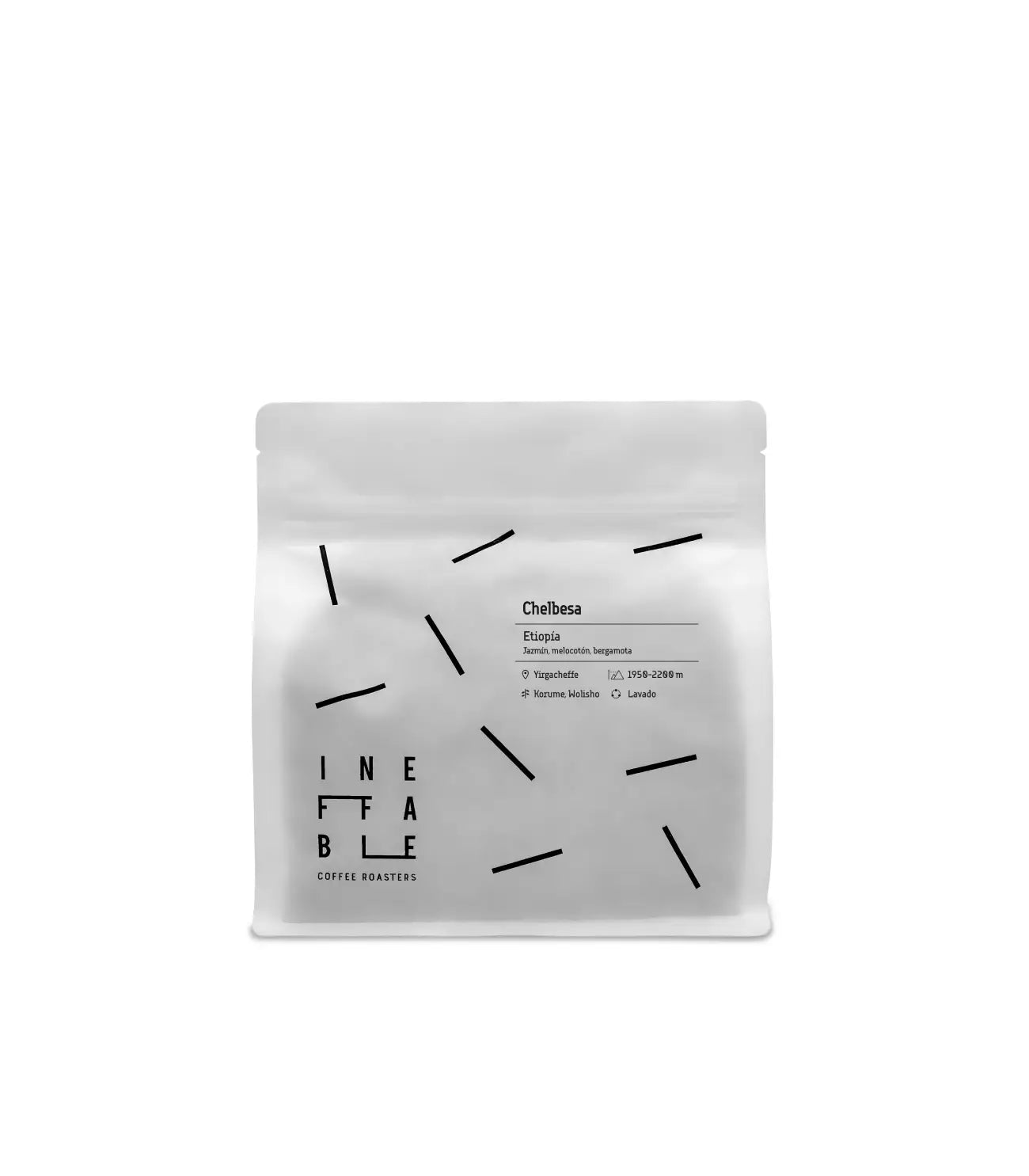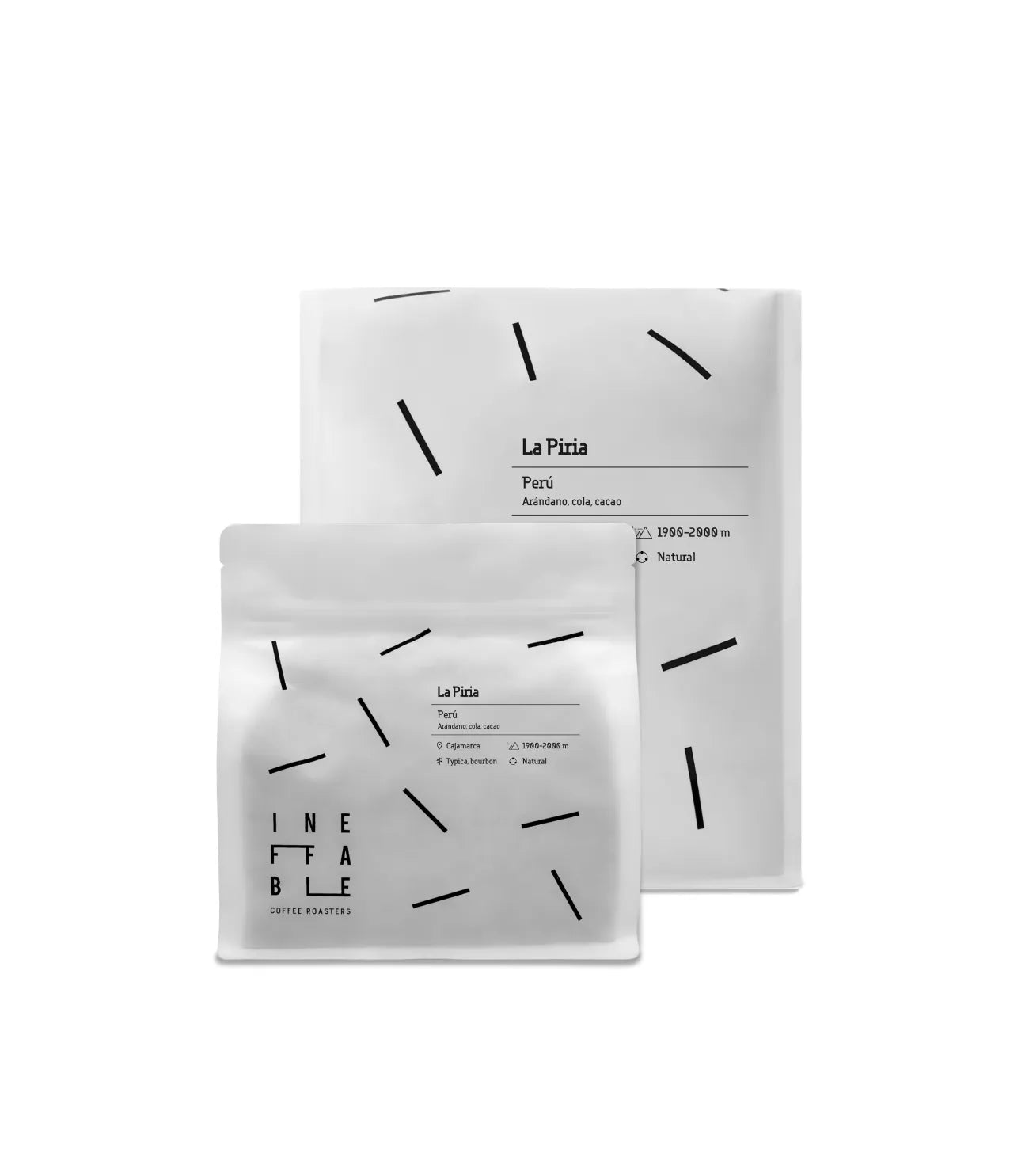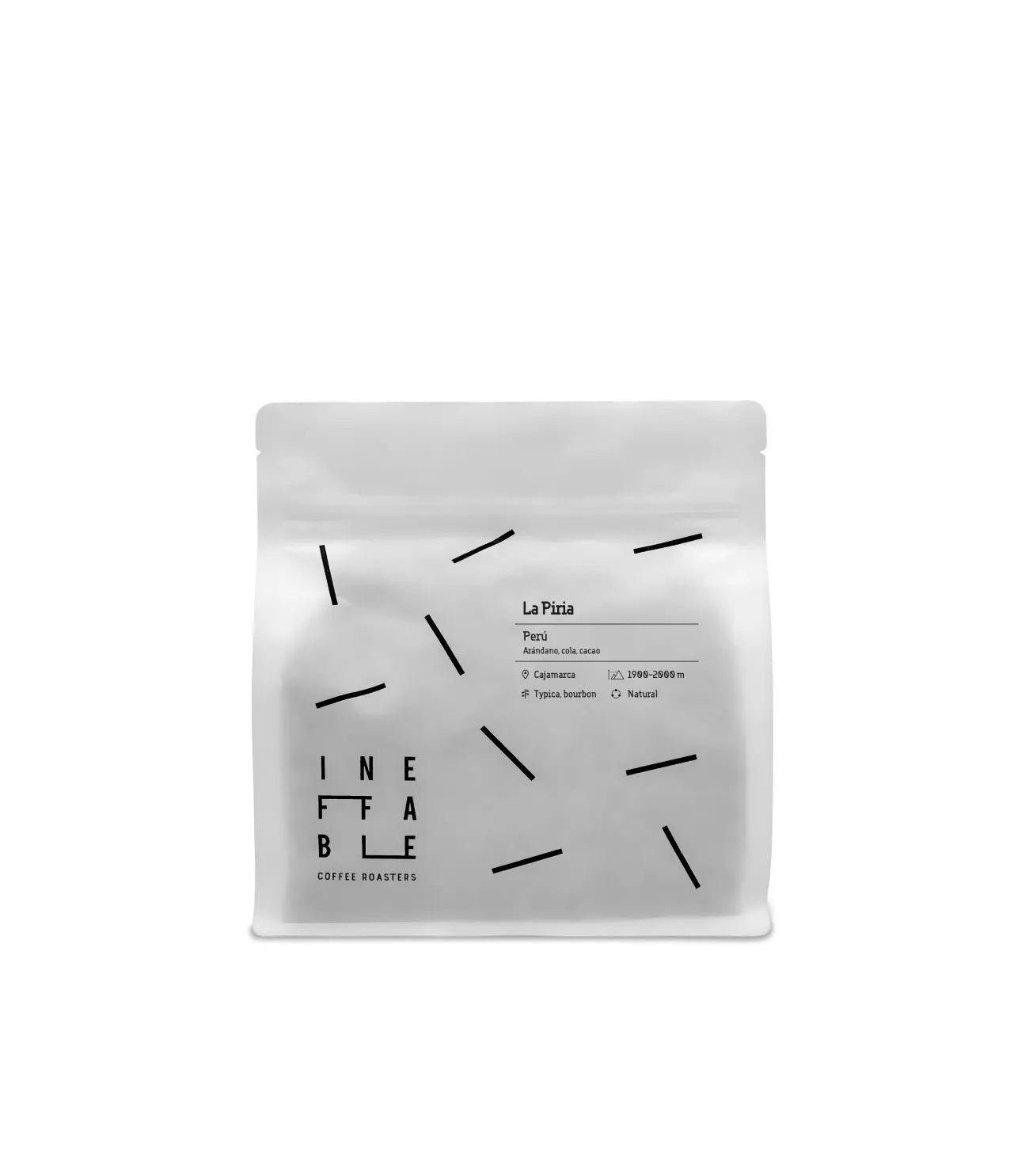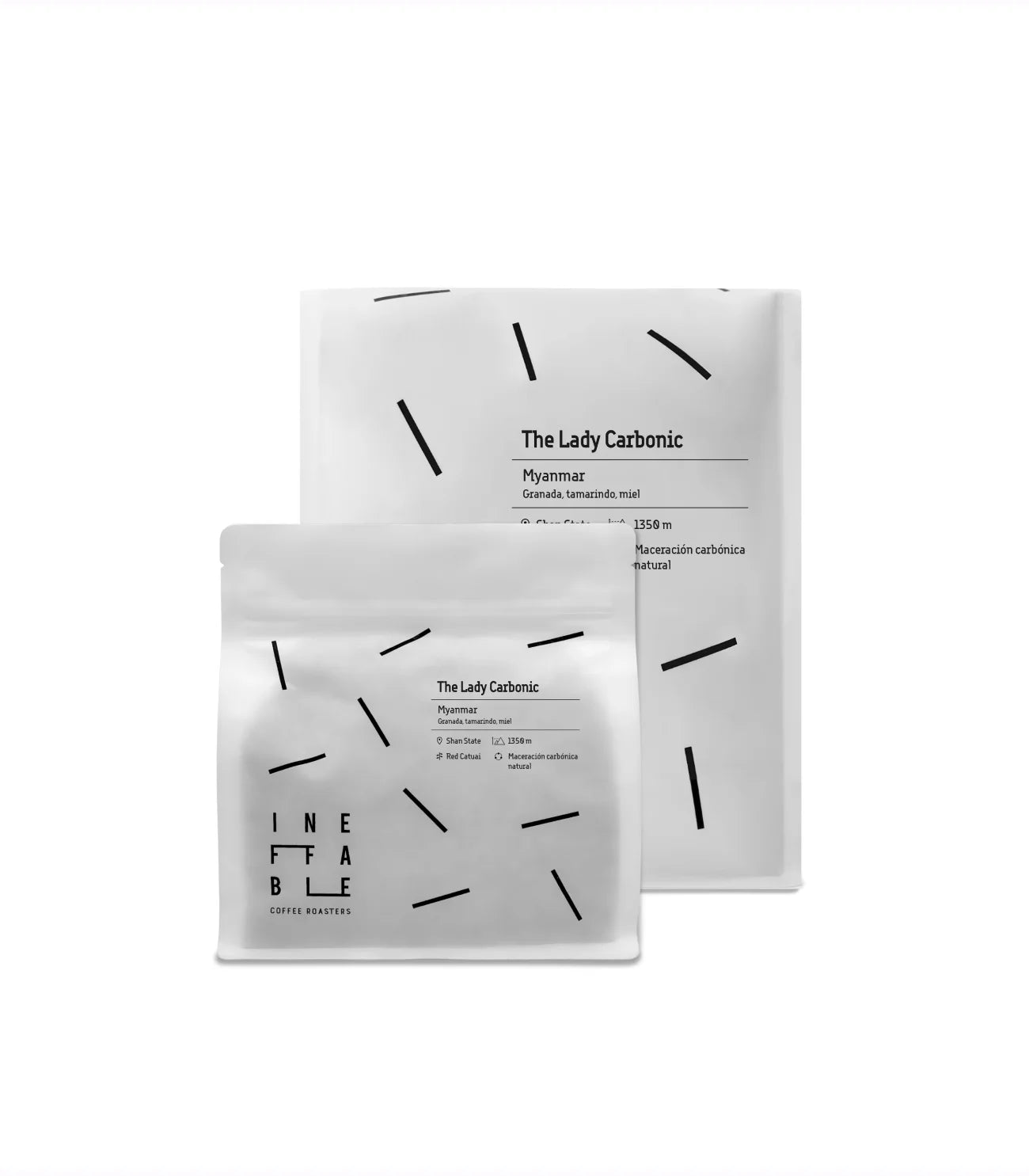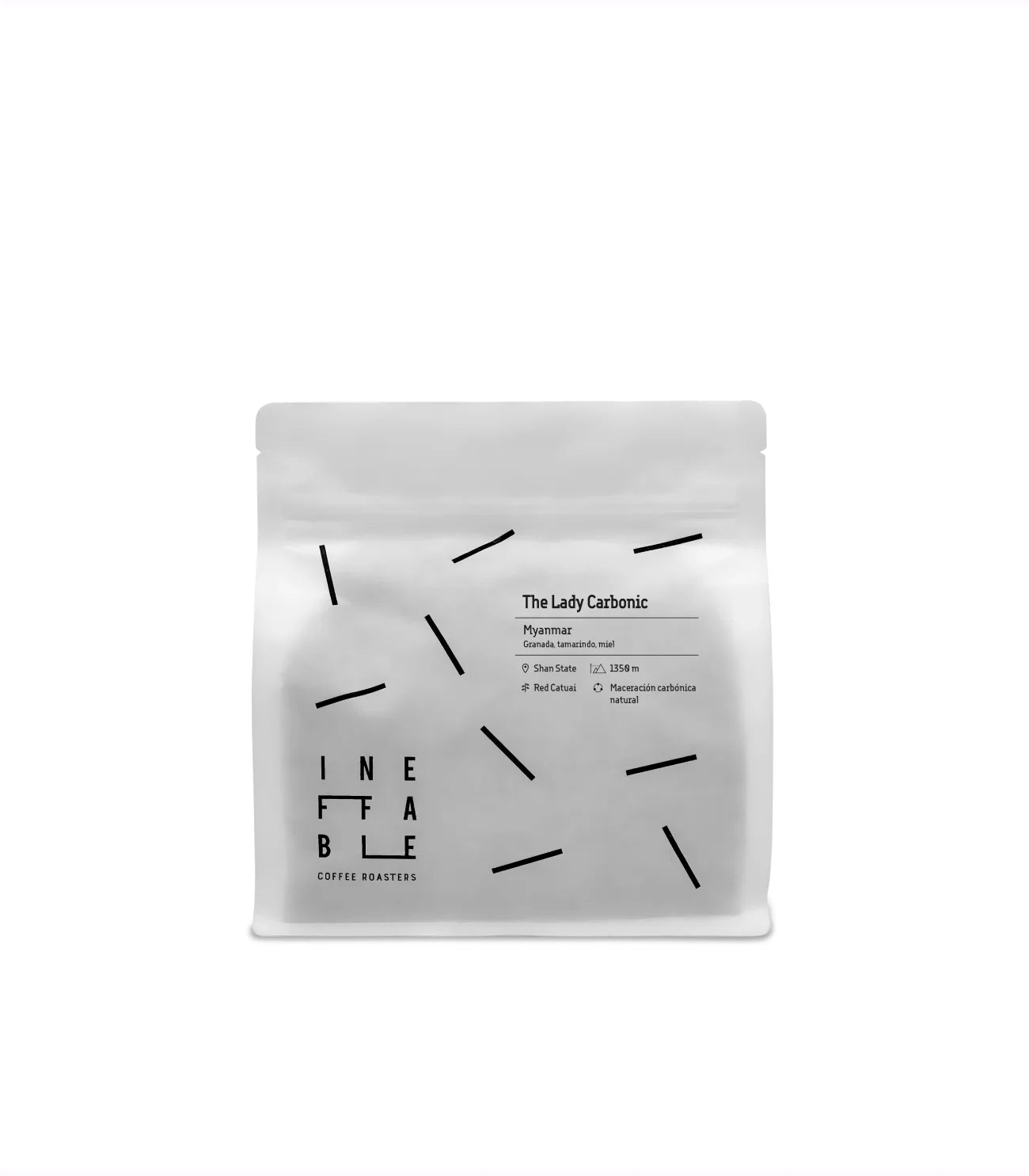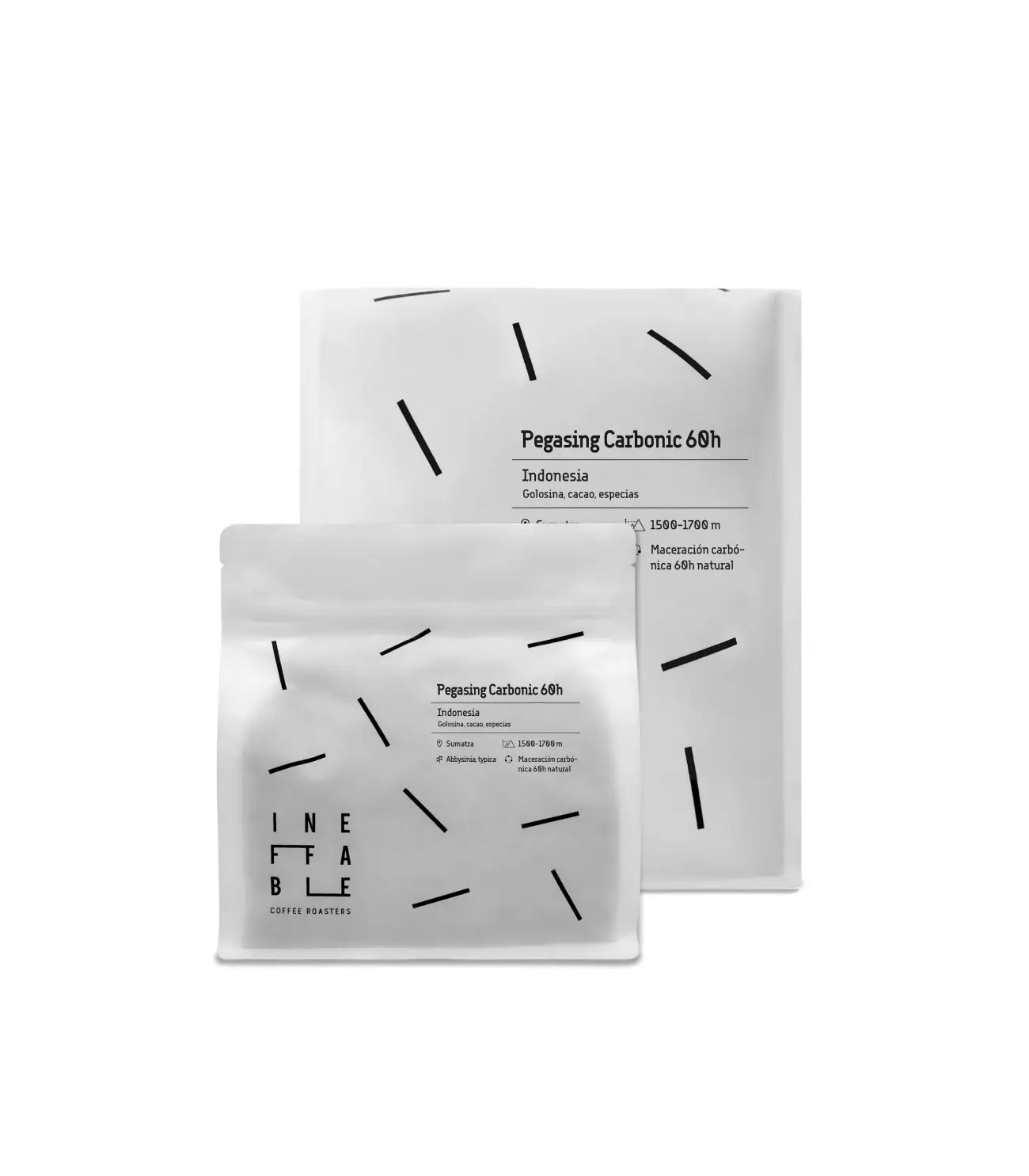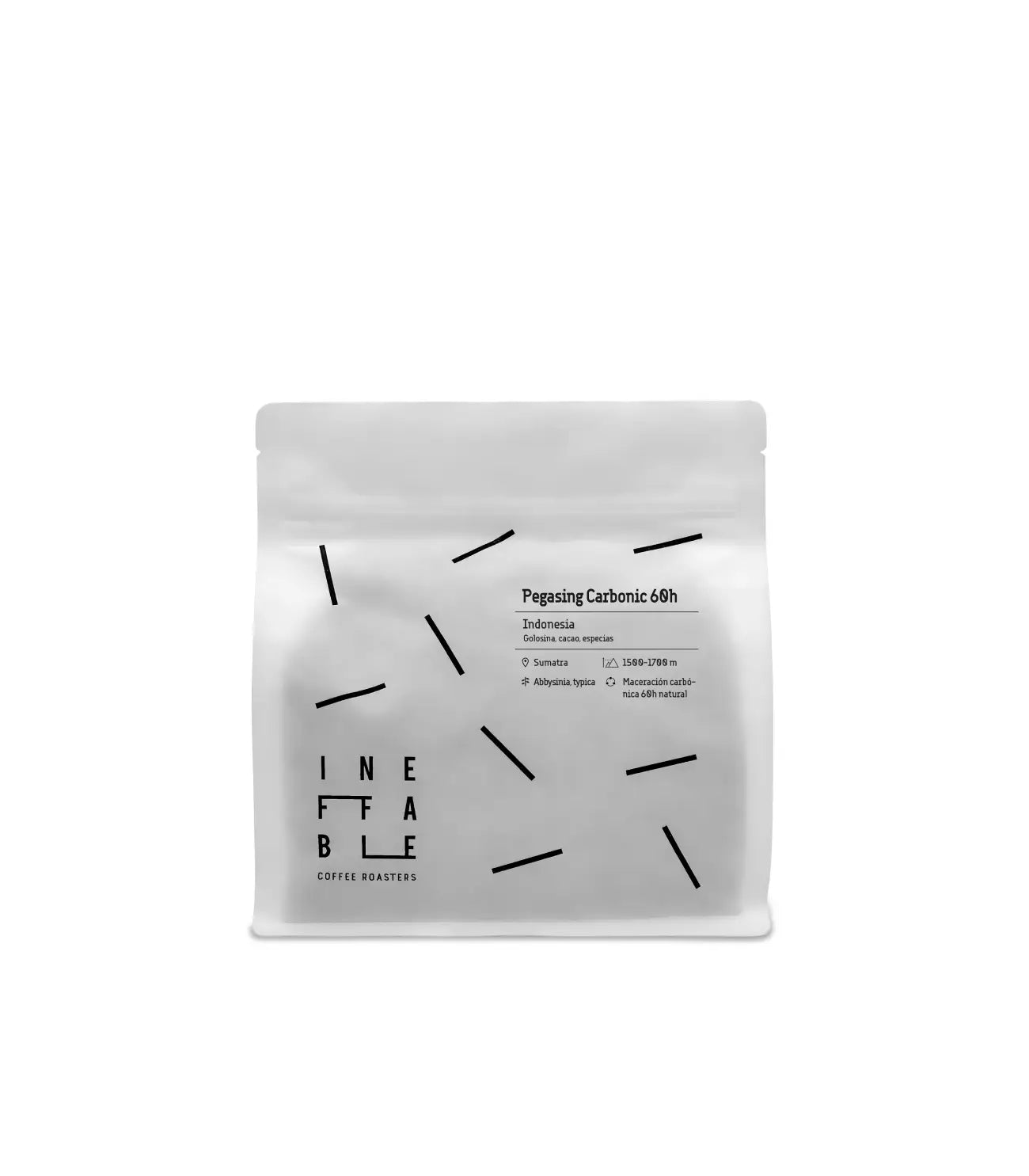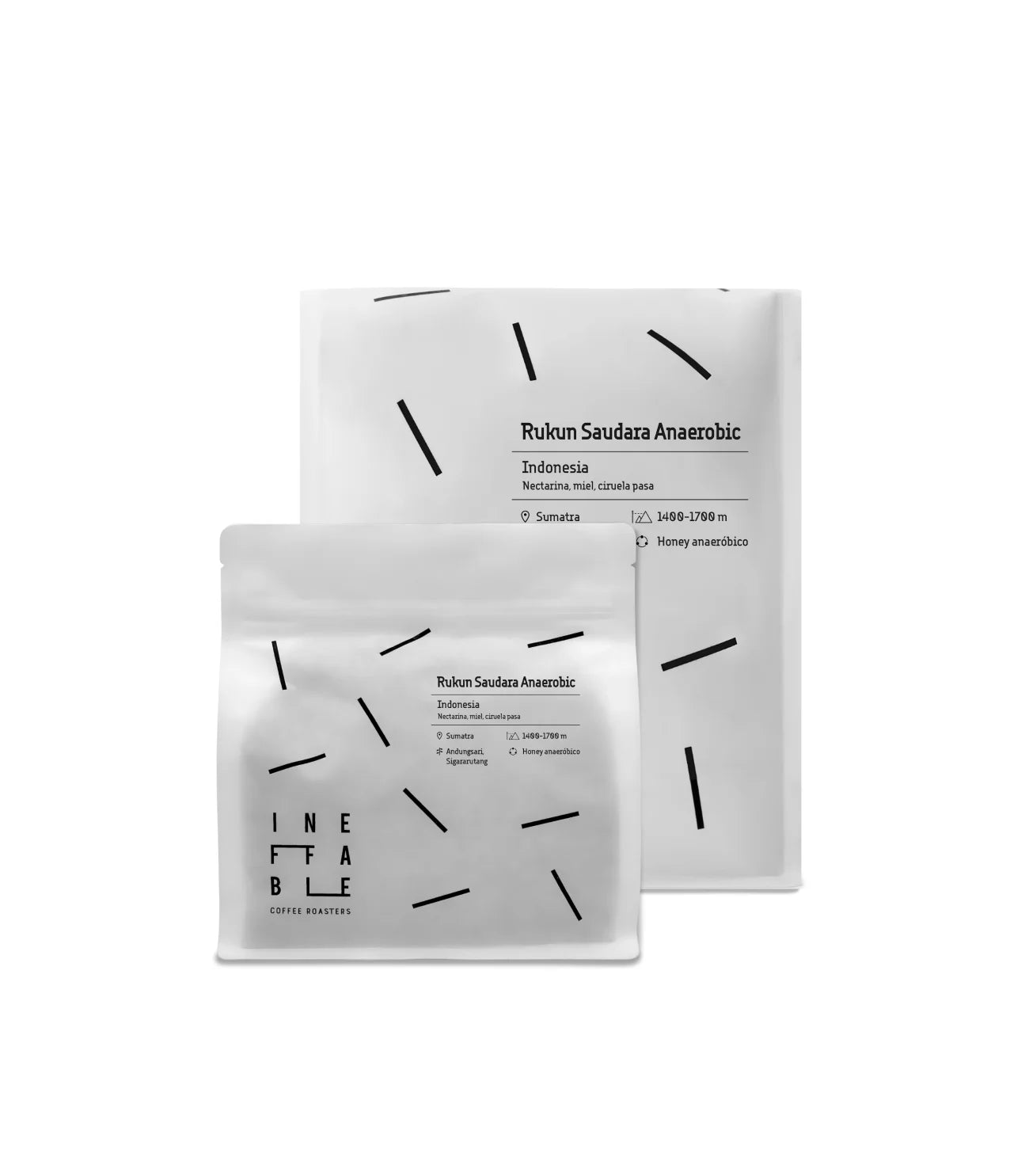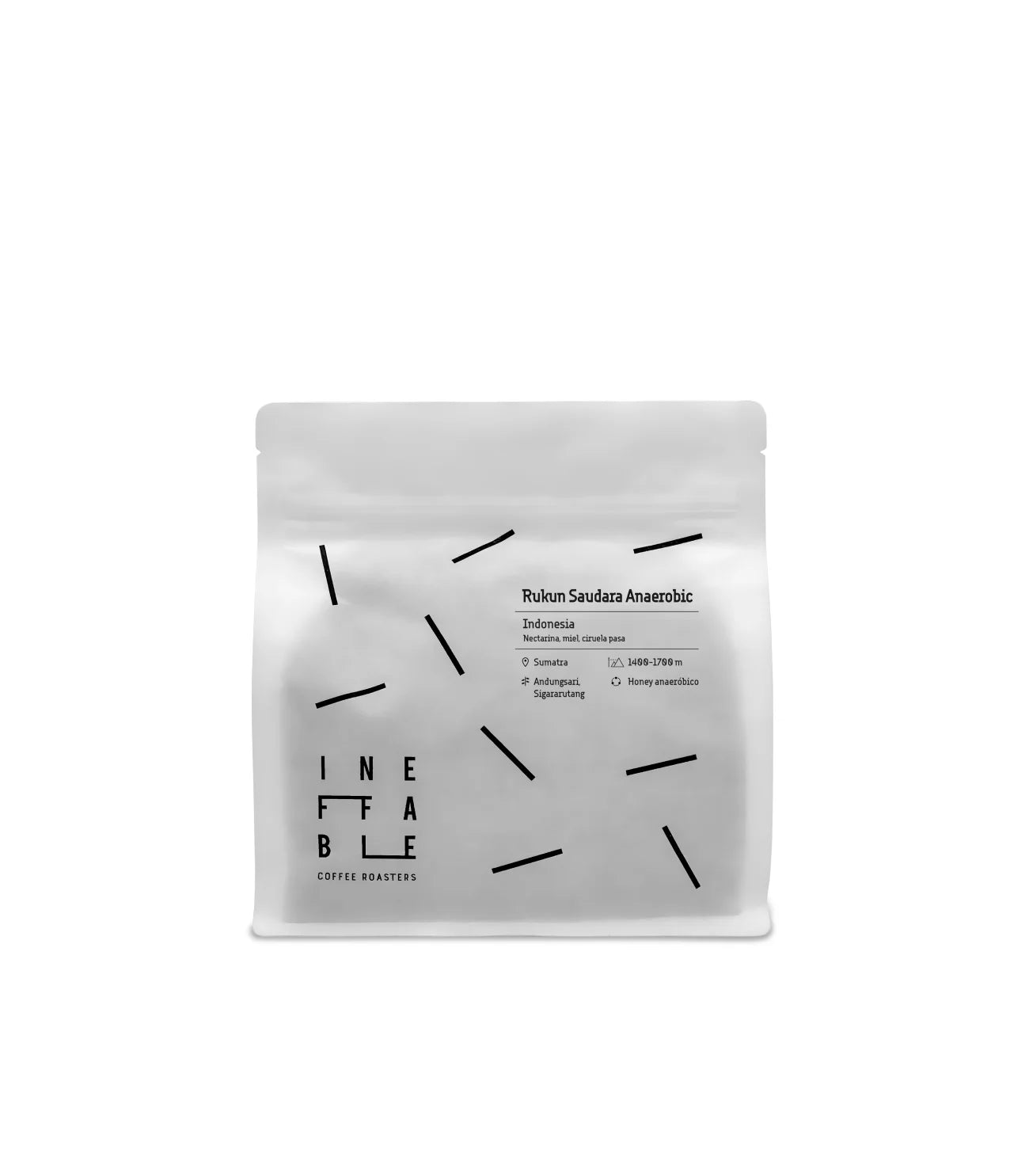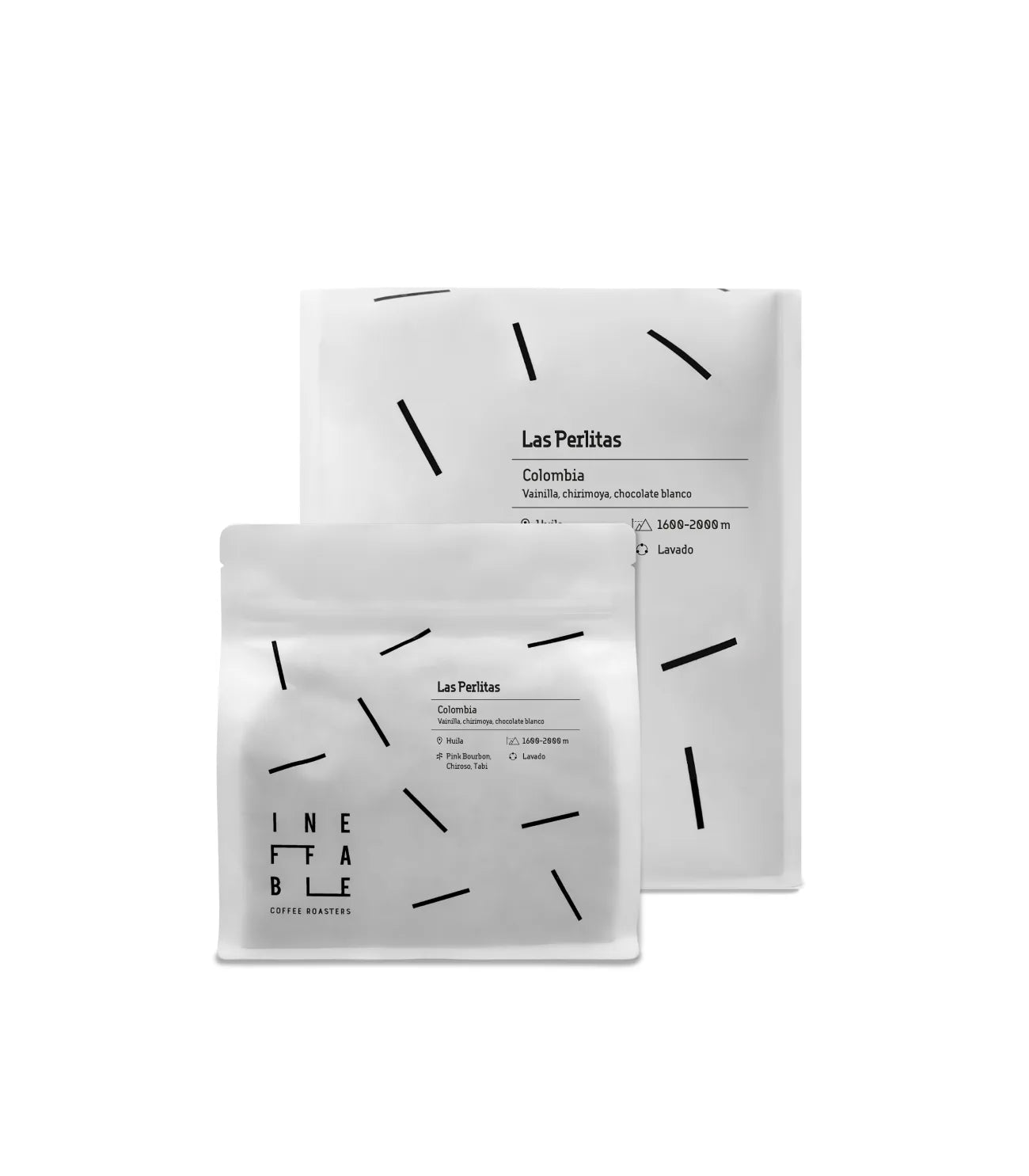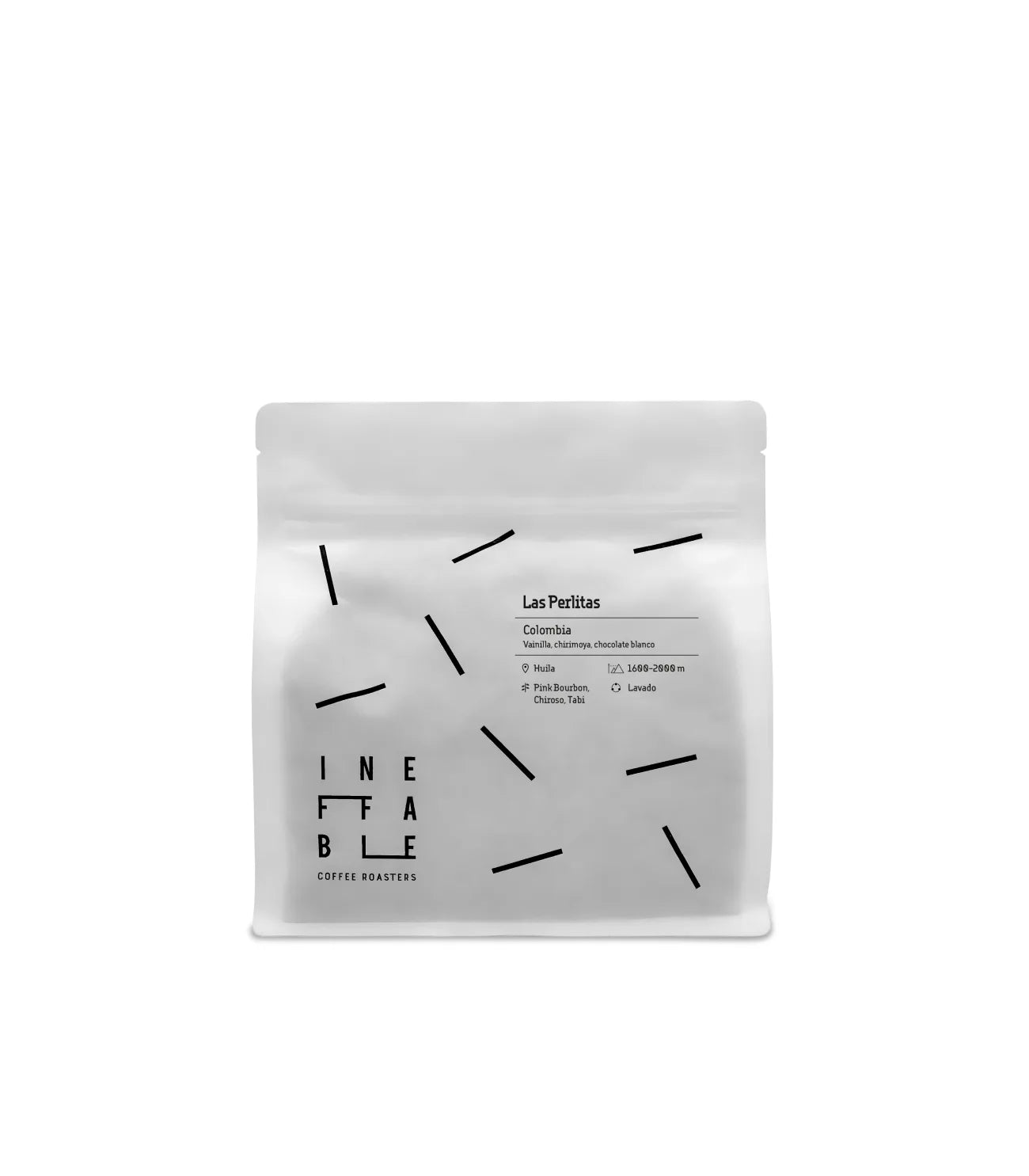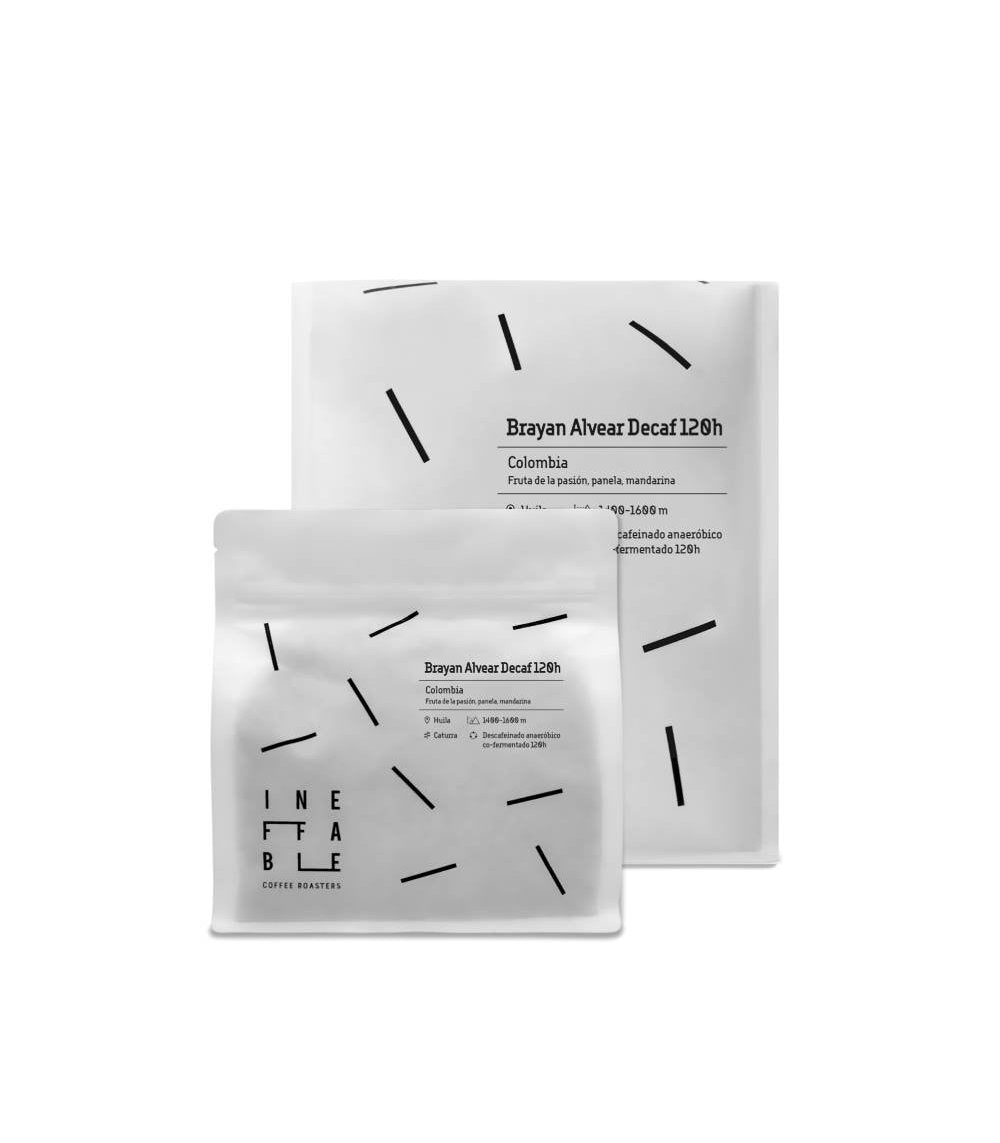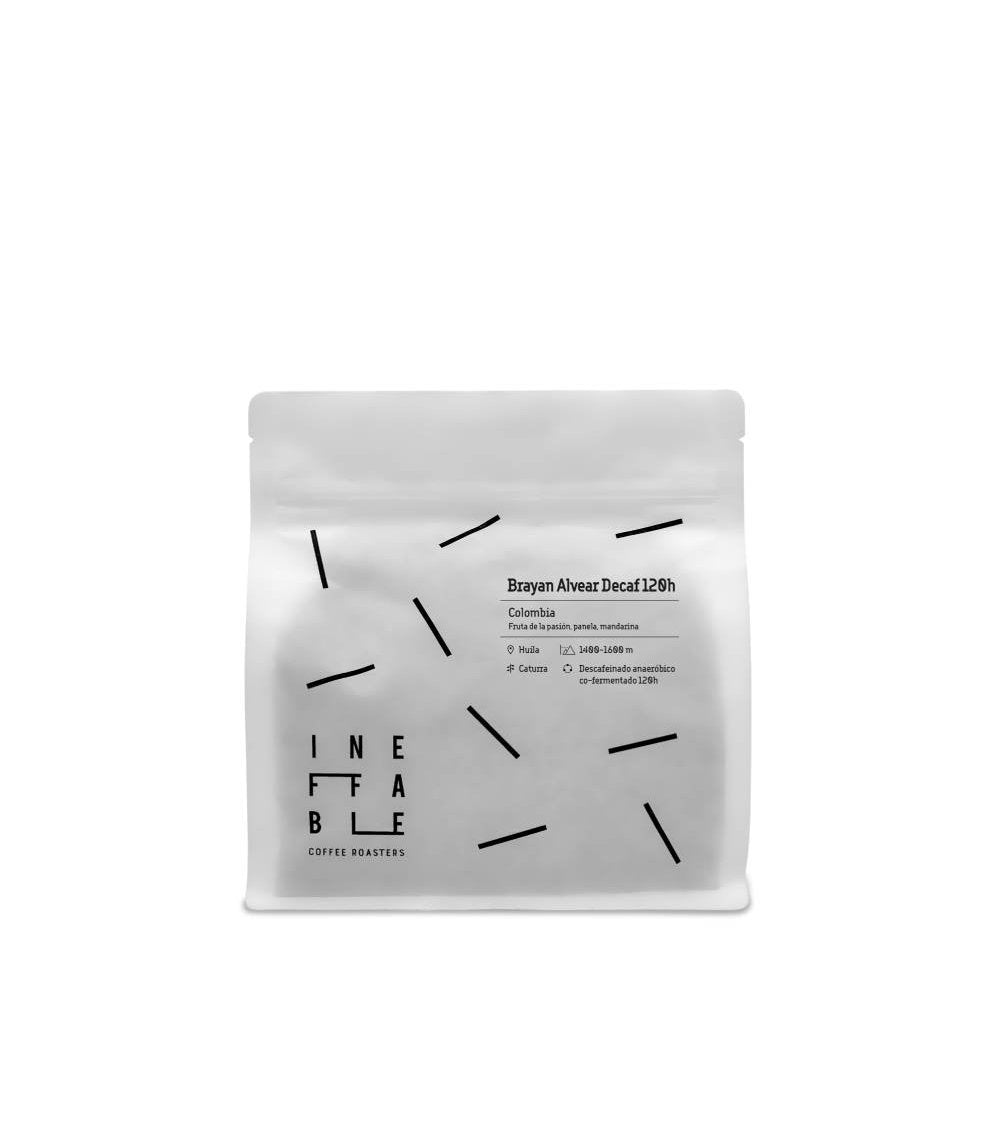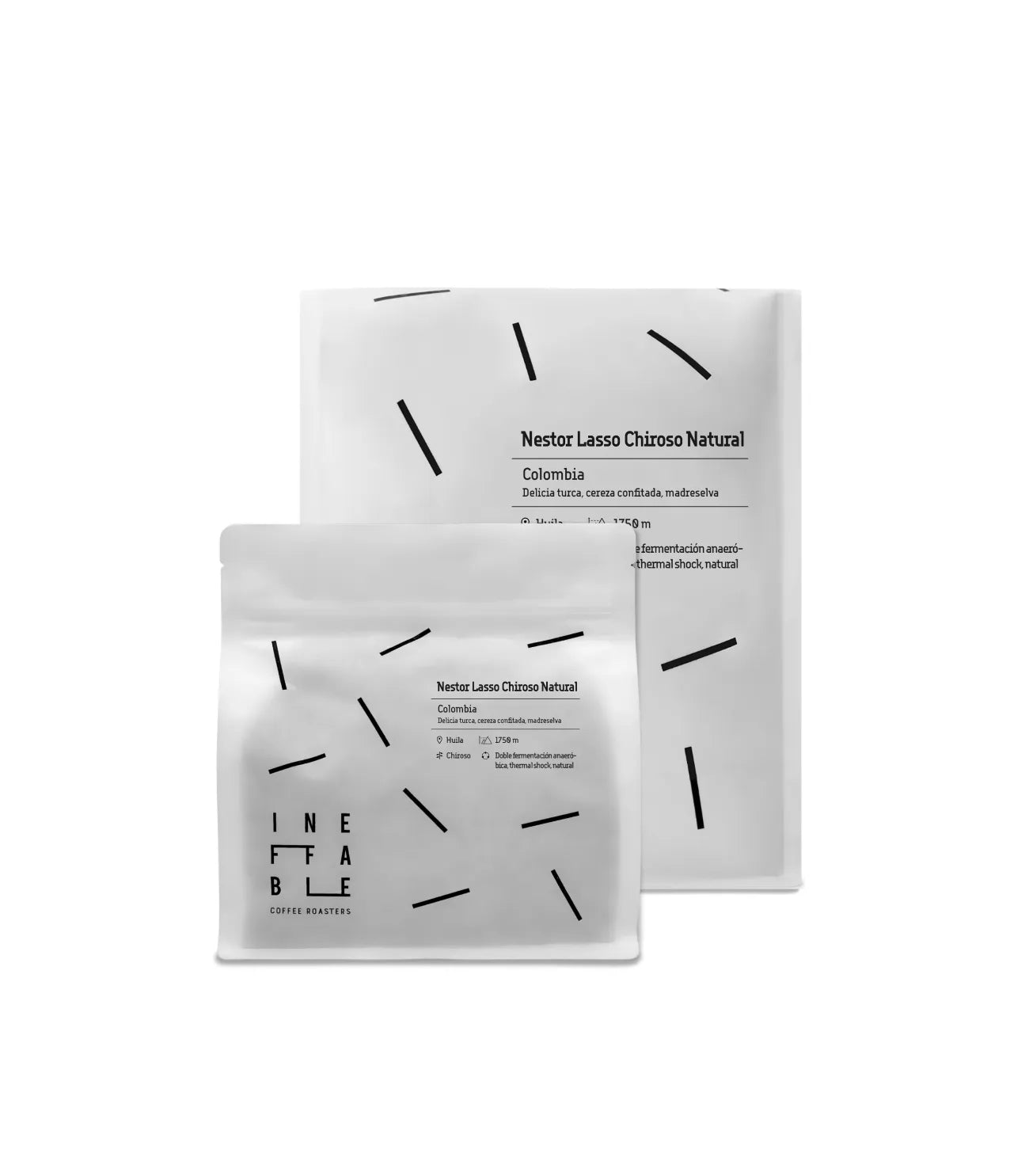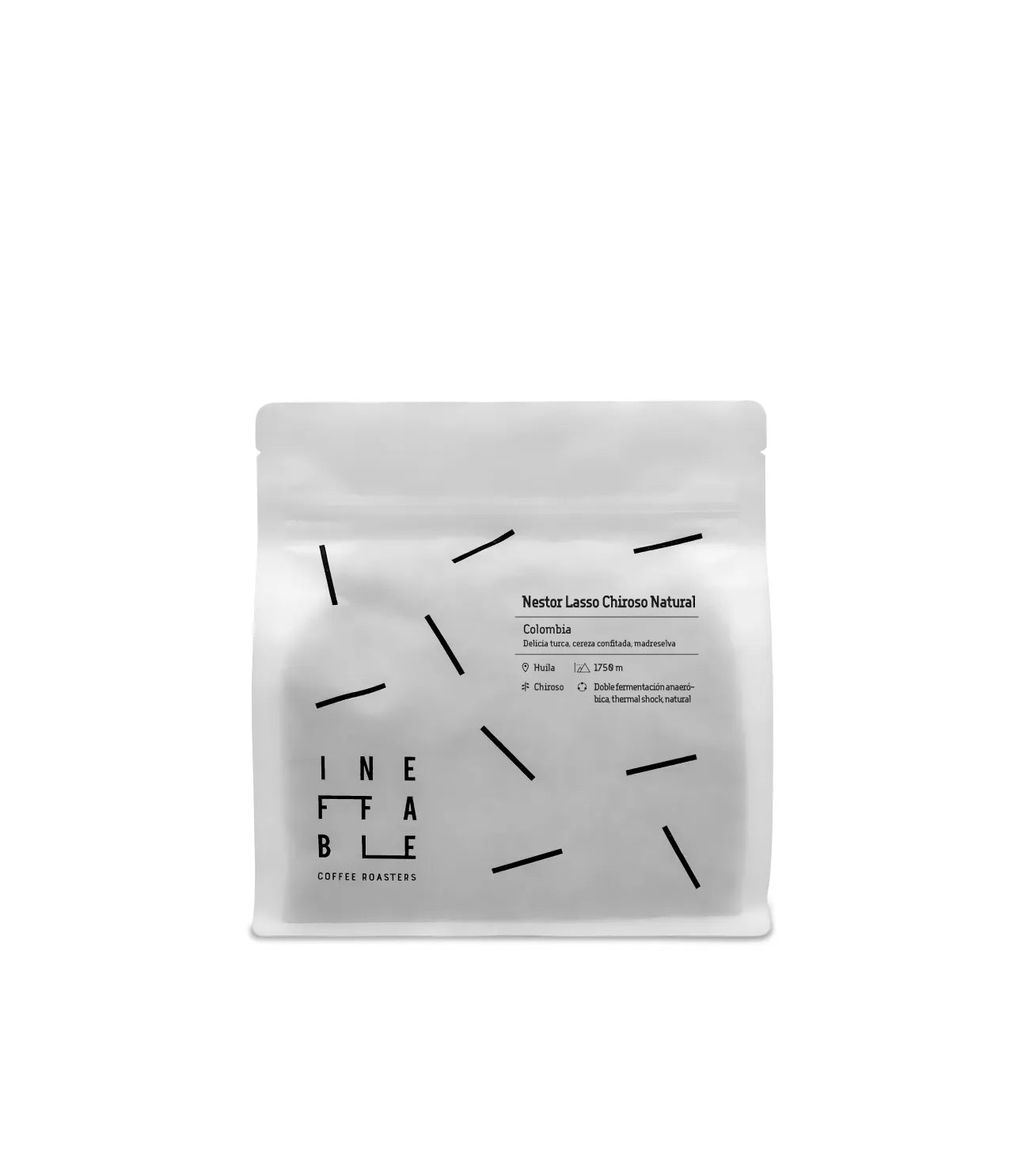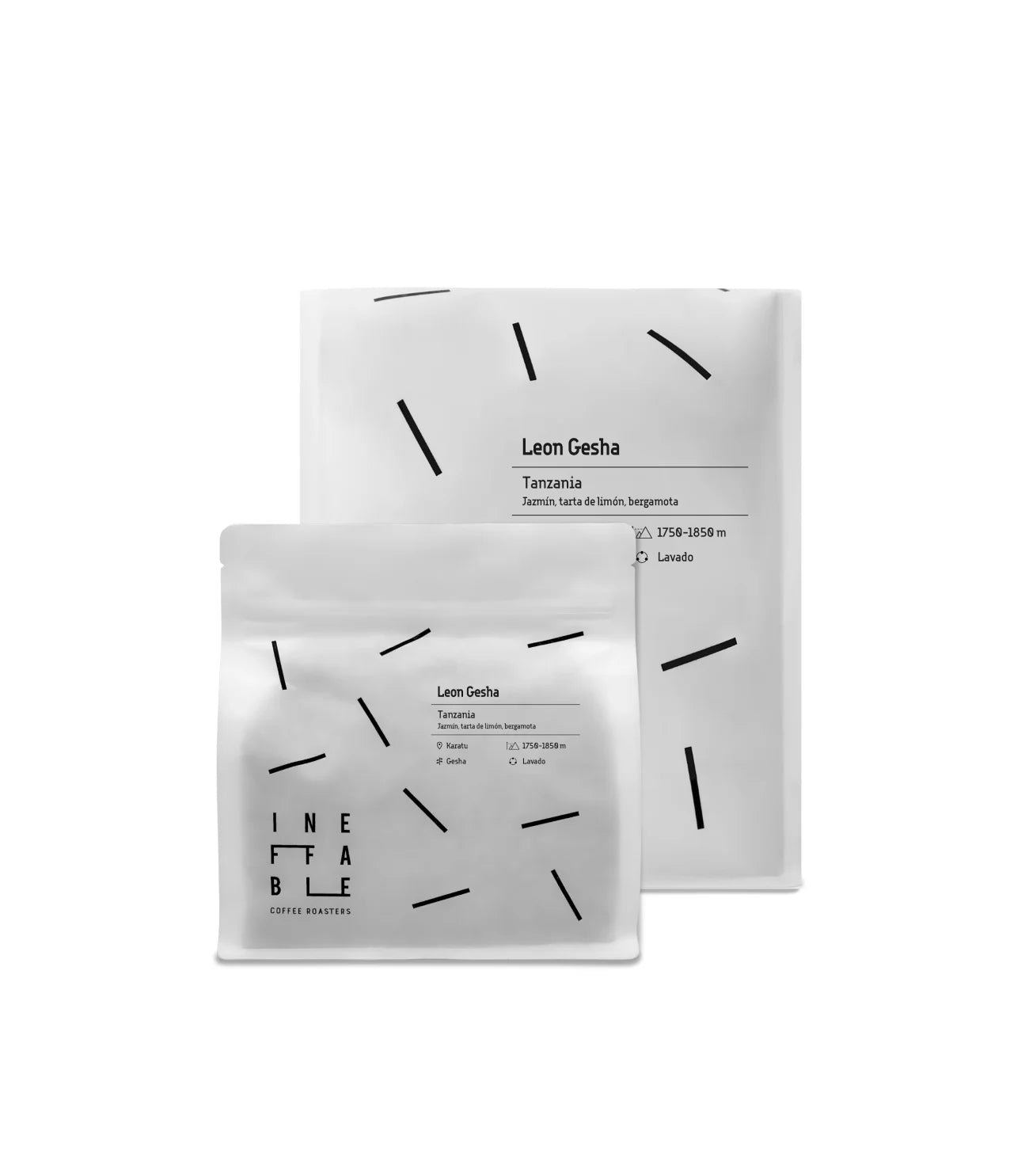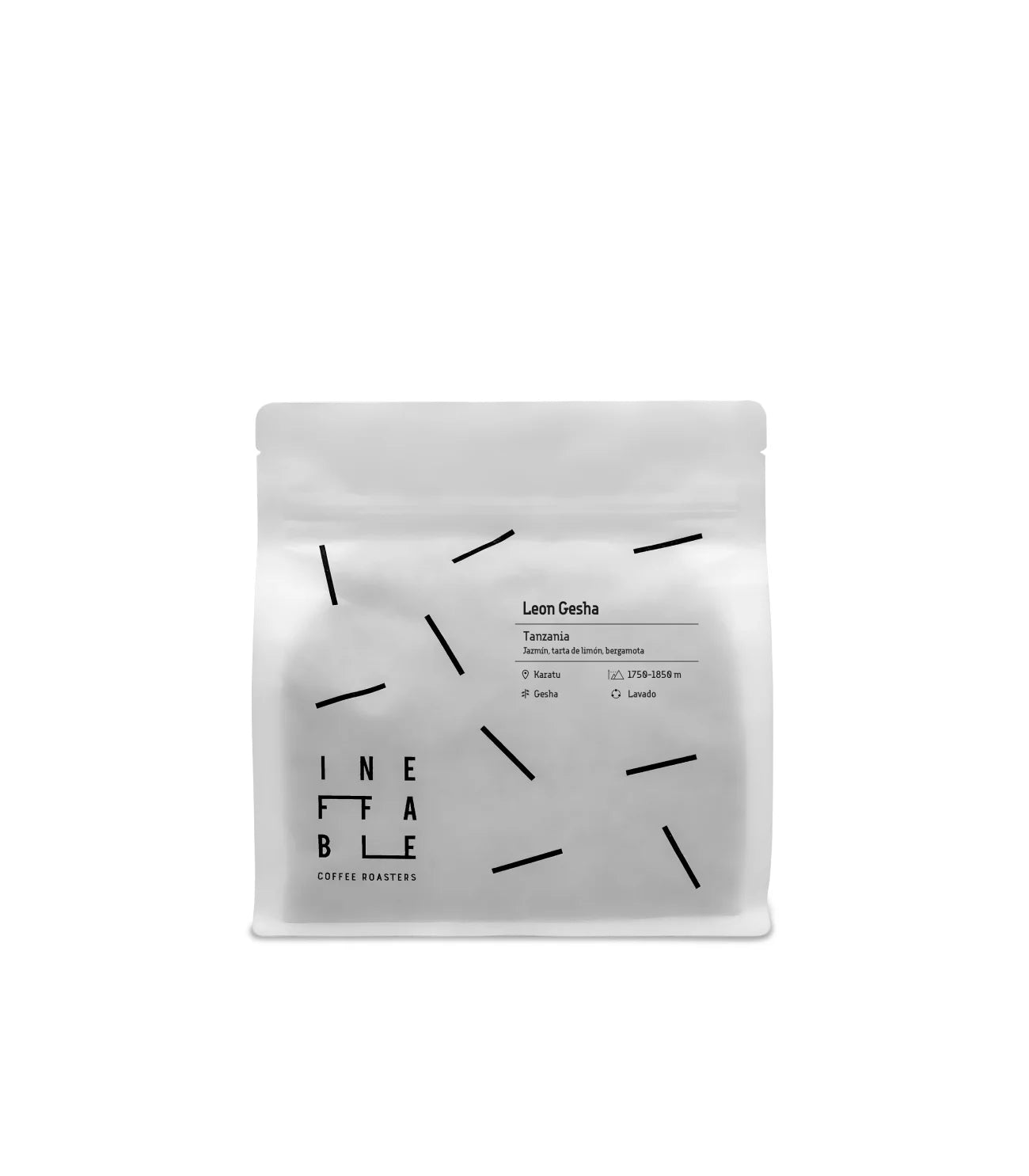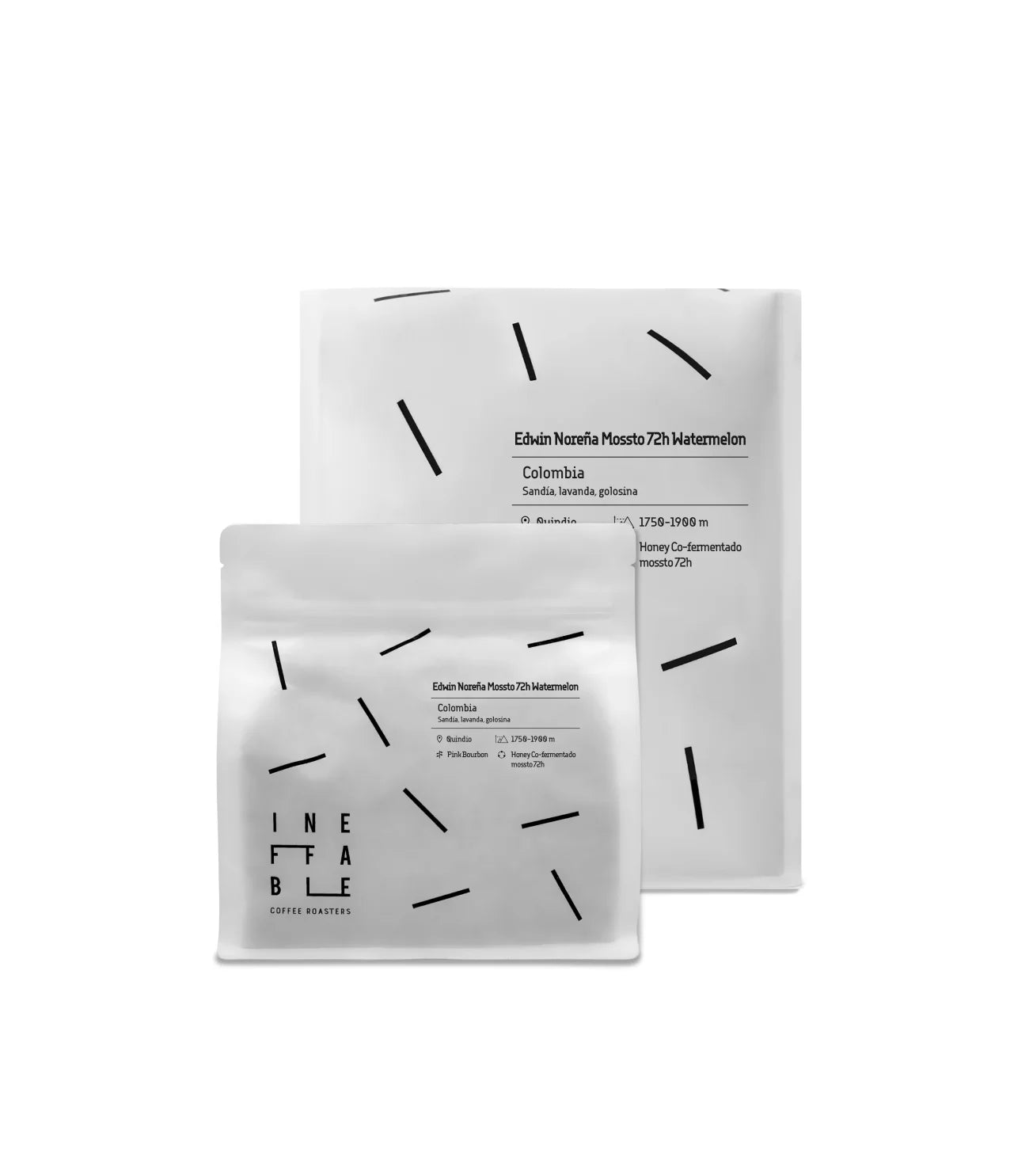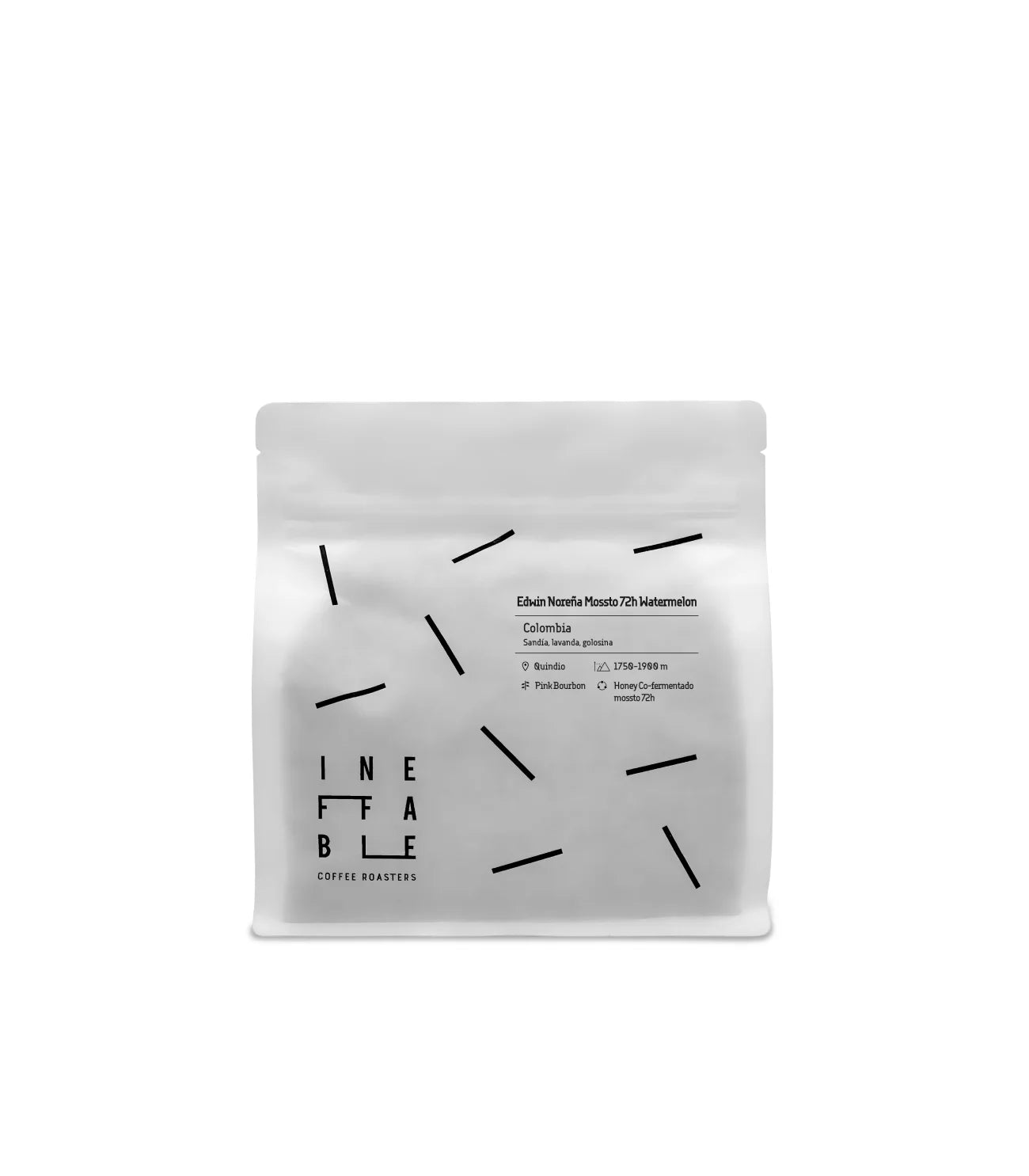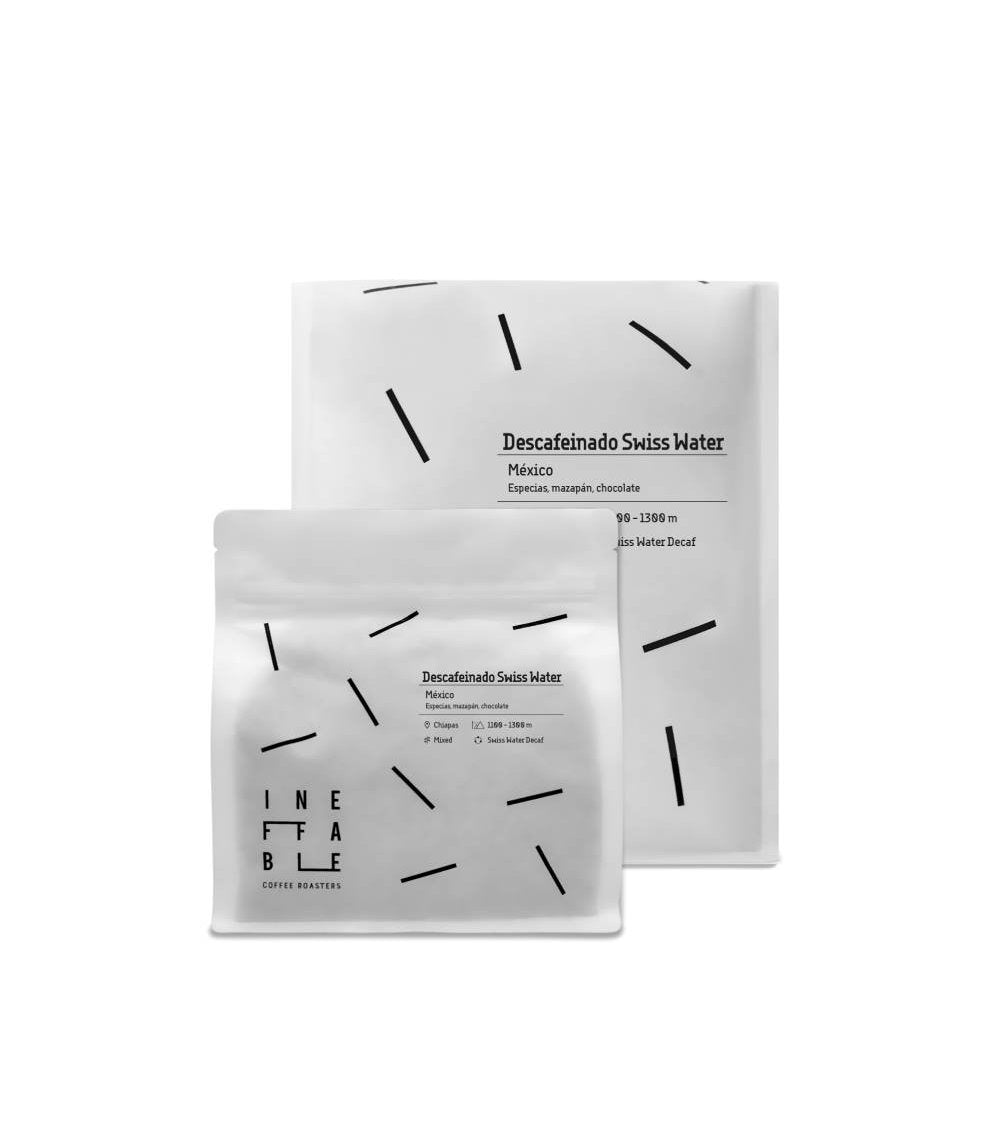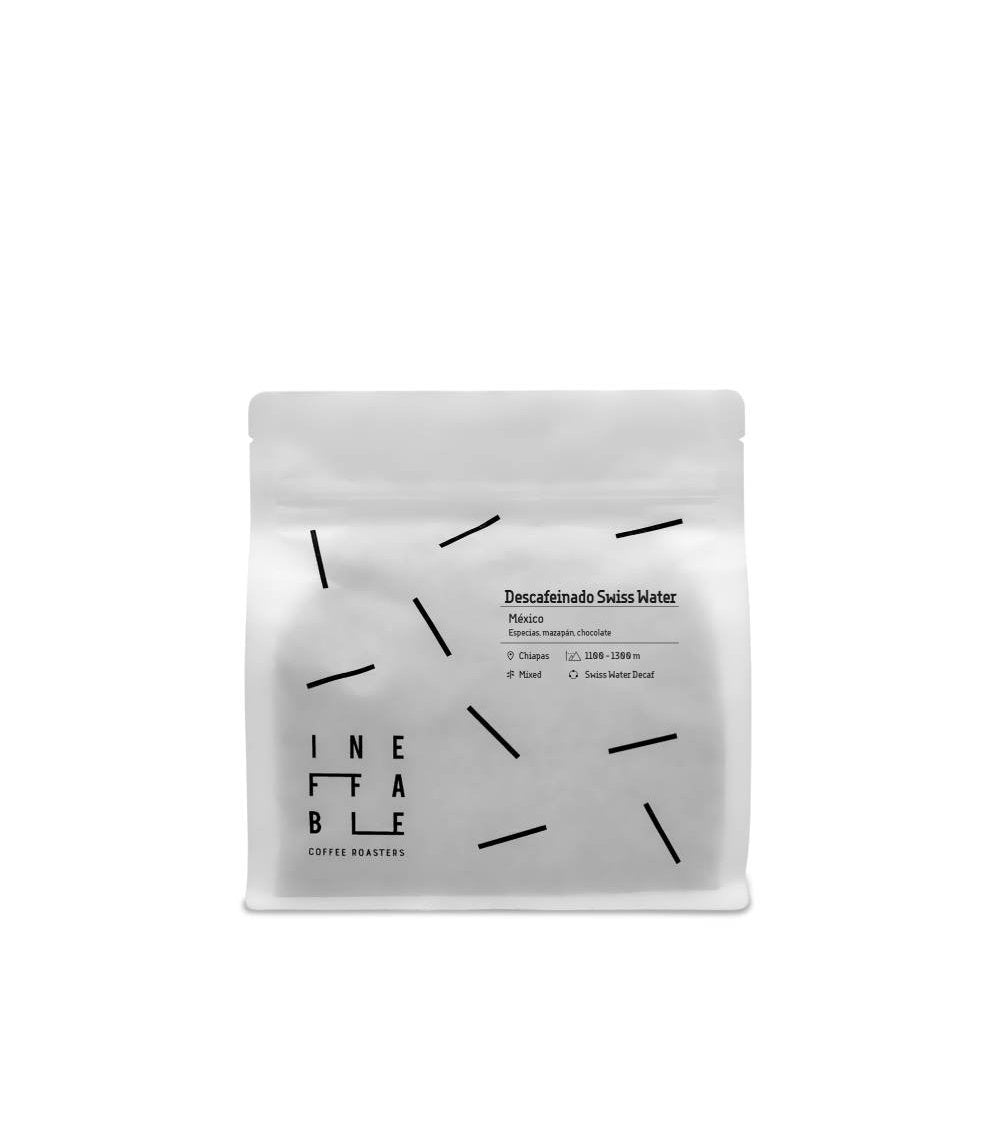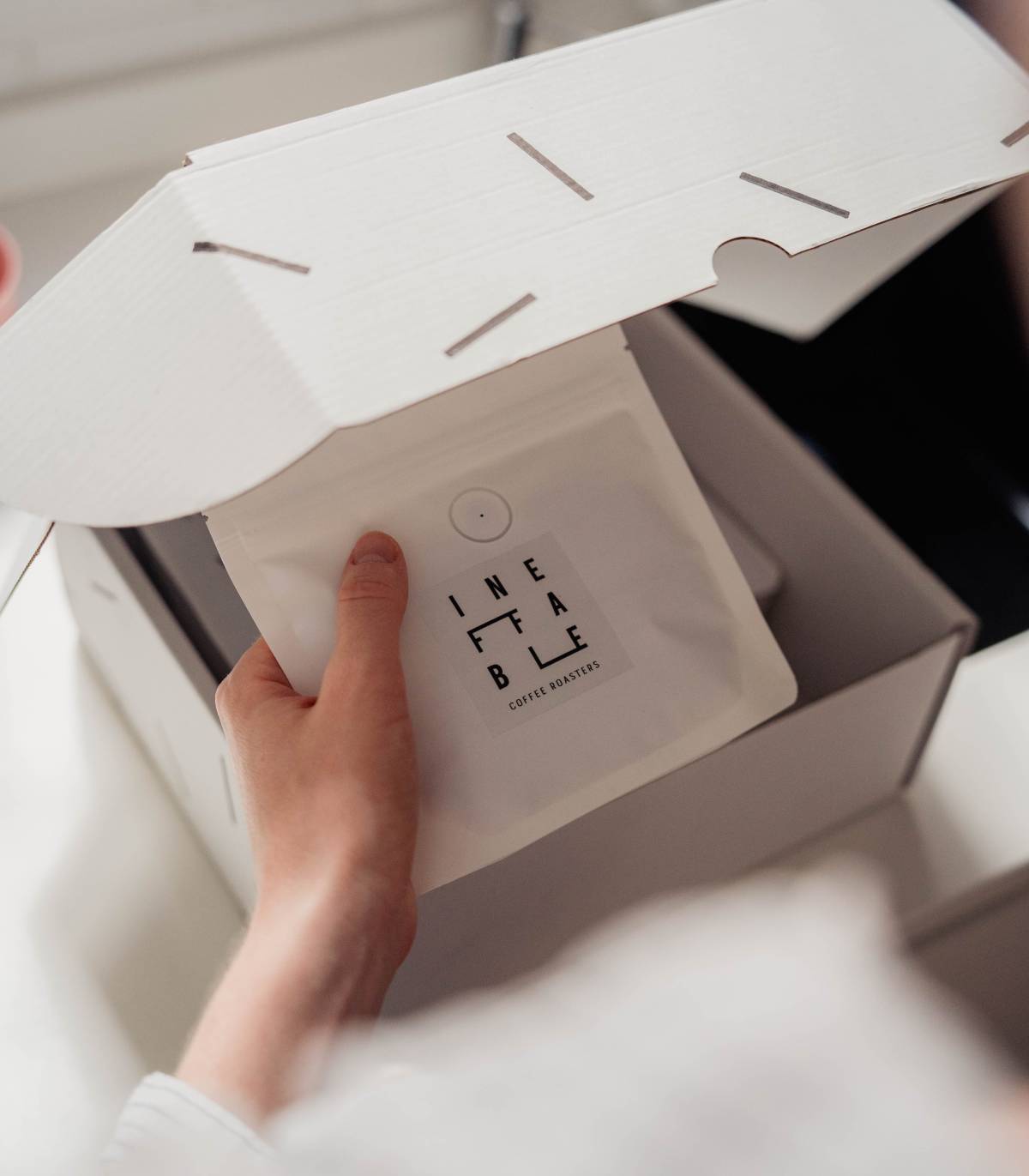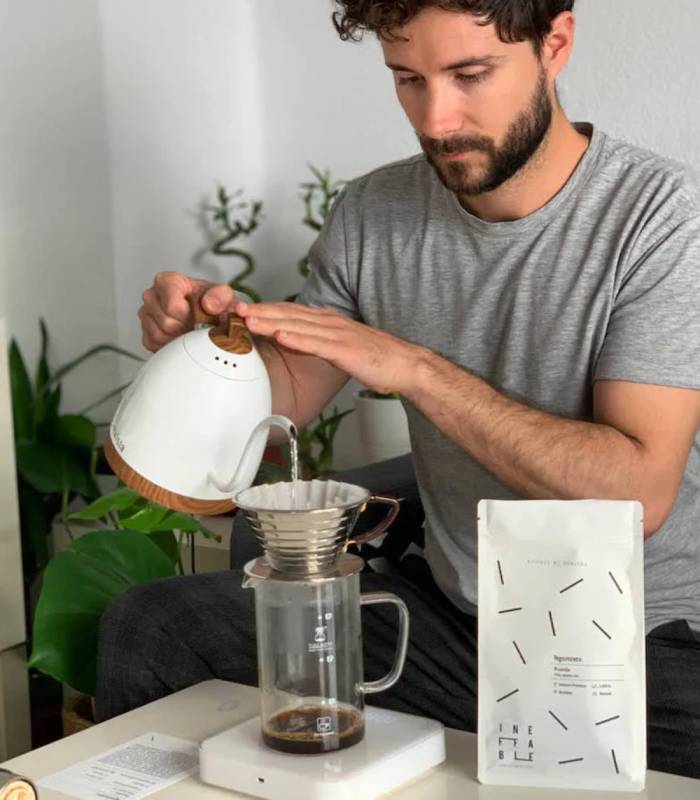Cafés de especialidad
Filtros
13,00€ - 46,00€
Fazenda Babagem
13,00€ - 46,00€
Pulped Natural
Cacao nibs, almendra, sirope de arce
15,00€ - 54,00€
Lamari
15,00€ - 54,00€
Lavado
Mora, melaza, chocolate
15,00€ - 54,00€
Slopes of Mount Kenya
15,00€ - 54,00€
Lavado
Mora, arándanos, chocolate
15,00€ - 54,00€
Tembo Tembo
15,00€ - 54,00€
Lavado
Jazmín, frambuesa, cacao
16,00€ - 58,00€
El Higuerón Reposado
16,00€ - 58,00€
Lavado , Reposado
Chirimoya, higo, chocolate
16,00€ - 58,00€
Gargari Gutiti
16,00€ - 58,00€
Natural
Frutos del bosque, arándanos, vainilla
16,00€ - 58,00€
Chelbesa
16,00€ - 58,00€
Lavado
Jazmín, melocotón, bergamota
17,00€ - 62,00€
La Piria
17,00€ - 62,00€
Natural
Arándano, cola, cacao
22,00€ - 79,00€
The Lady Carbonic
22,00€ - 79,00€
Maceración carbónica
Granada, tamarindo, miel
22,00€ - 79,00€
Pegasing Carbonic 60h
22,00€ - 79,00€
Maceración carbónica 60h natural
Golosina, cacao, especias
22,00€ - 79,00€
Rukun Saudara Anaerobic
22,00€ - 79,00€
Honey anaeróbico
Nectarina, miel, ciruela pasa
23,00€ - 84,00€
Las Perlitas
23,00€ - 84,00€
Lavado
Vainilla, chirimoya, chocolate blanco
23,00€ - 84,00€
Brayan Alvear Decaf
23,00€ - 84,00€
Anaeróbico , Descafeinado
Fruta de la pasión, panela, mandarina
29,00€ - 105,00€
Nestor Lasso Chiroso Natural
29,00€ - 105,00€
Doble fermentación anaeróbica , Thermal Shock , Natural
Delicia turca, cereza confitada, madreselva
33,00€ - 120,00€
Leon Gesha
33,00€ - 120,00€
Lavado
Jazmín, tarta de limón, bergamota
36,00€ - 132,00€
Edwin Noreña Watermelon
36,00€ - 132,00€
Honey Mossto 72h , Co-fermentado
Sandía, lavanda, golosina
14,00€ - 49,00€
Café descafeinado Swiss Water
14,00€ - 49,00€
Descafeinado , Swiss Water Decaf
Especias, mazapán, chocolate
45,00€ - 45,00€
Campeón de tueste de café de especialidad en España 2024
Comprar café de especialidad en nuestra tienda online
¿Buscas el café perfecto? Ese que te despierta y te hace vibrar. El secreto está en el café de especialidad. No es un café cualquiera; es una experiencia única donde cada taza cuenta una historia.
Descubre el sabor único del café de especialidad en cada taza
El café de especialidad es un auténtico tesoro. Lo cultivamos y recolectamos con el máximo mimo, inspeccionando cada grano para garantizar su calidad. Después, lo tostamos aquí, de forma artesanal, para sacar lo mejor de cada origen.
¿Te imaginas disfrutar de sus notas afrutadas, toques de chocolate y aromas florales? Descubre nuestra selección de cafés de especialidad para café espresso o café de filtro. Seguro que tenemos justo lo que buscas.
¿Quieres un sabor diferente? Prueba nuestro café de especialidad descafeinado o quizá nuestro café para Cold Brew. Es refrescante, delicioso y te sorprenderá.
Elige café de especialidad para una experiencia premium en casa
Tu casa puede convertirse en la mejor cafetería. Con el café de especialidad es muy fácil: prepara tu taza ideal y cada sorbo será un auténtico placer. Disfruta de la calma, de la calidad y de un momento solo para ti.
¿Necesitas ayuda? Tenemos guías de preparación para que tu café sea perfecto y lo disfrutes al máximo.
Además, puedes elegir nuestros prácticos packs de café, ideales tanto para probar nuevas variedades como para regalar. Si no sabes cuál elegir, empieza por un pack de cata y así descubrirás tus favoritos. Queremos que el café especialidad forme parte de tu día y te alegre cada mañana.
Compra café de especialidad seleccionado por expertos
En Ineffable Coffee somos unos apasionados, por eso solo elegimos lo mejor. Nuestro café de especialidad proviene de orígenes únicos y de fincas sostenibles, pues respetamos el medio ambiente y apoyamos a los productores. Cada bolsa es una promesa de calidad, frescura y un sabor inigualable.
También ofrecemos una suscripción de café para que recibas tu café de especialidad en casa, sin esfuerzo y siempre fresco. Visita nuestra página principal para más información sobre nosotros.
Queremos que te enamores del café de especialidad tanto como nosotros lo estamos. ¿Listo para probar la diferencia? Te esperamos.
